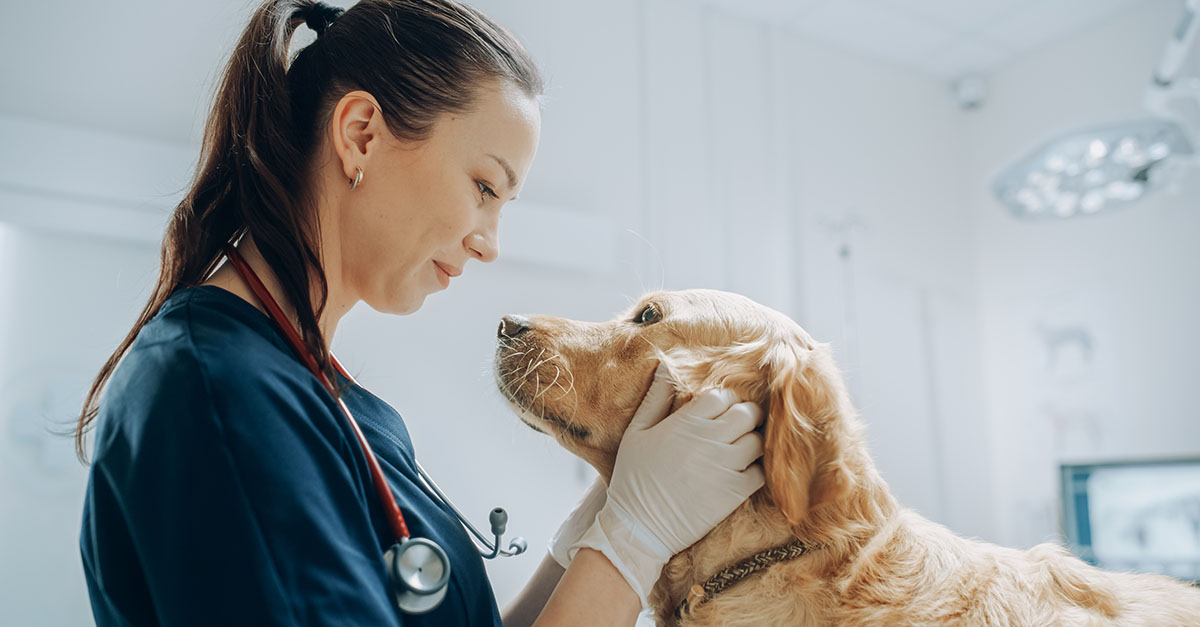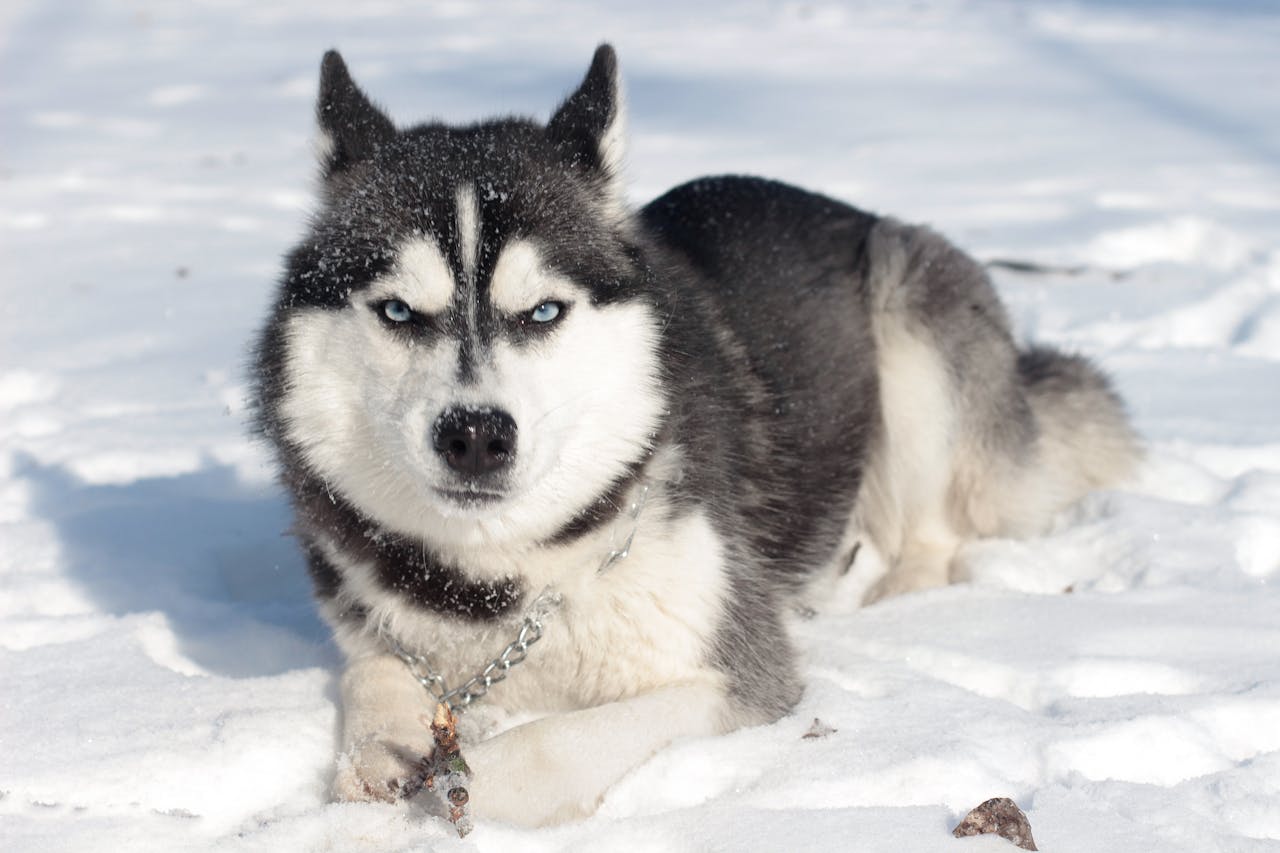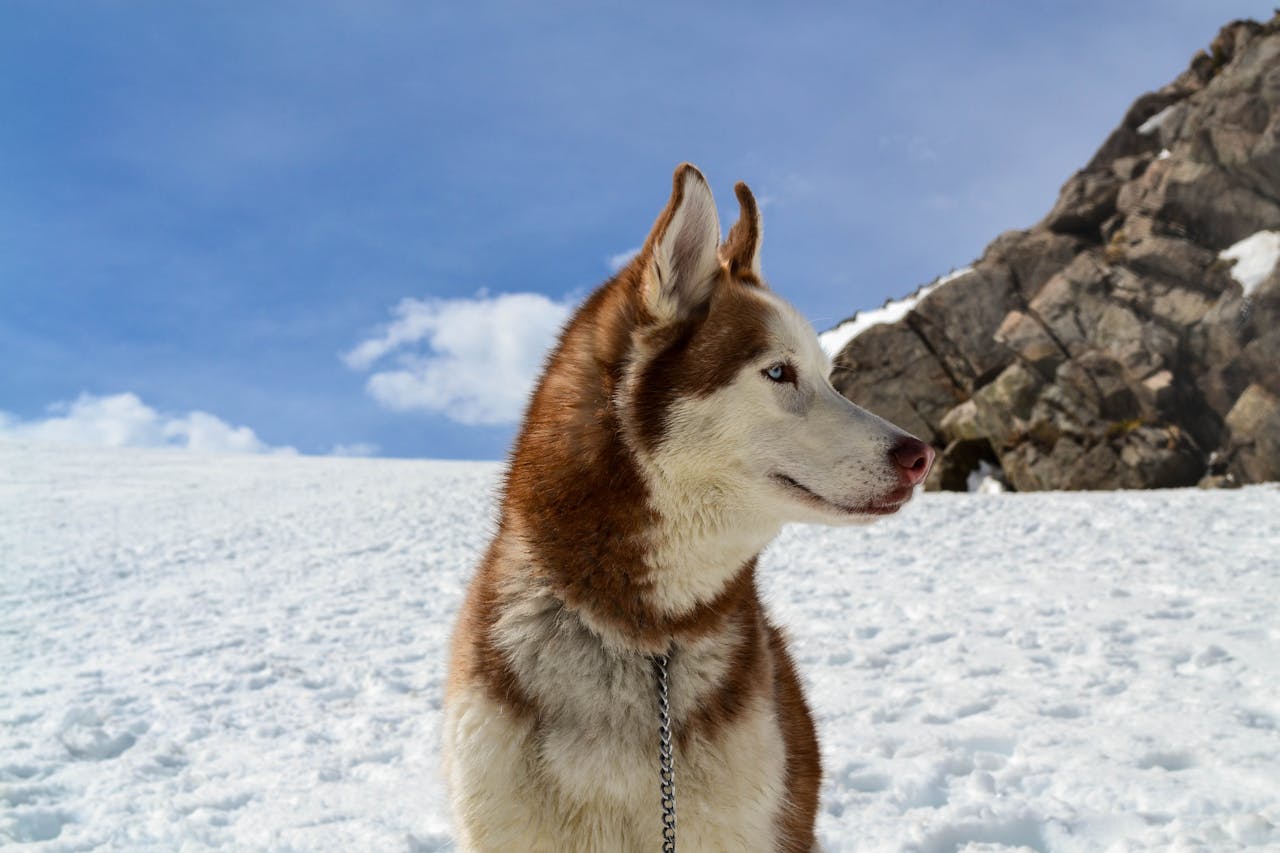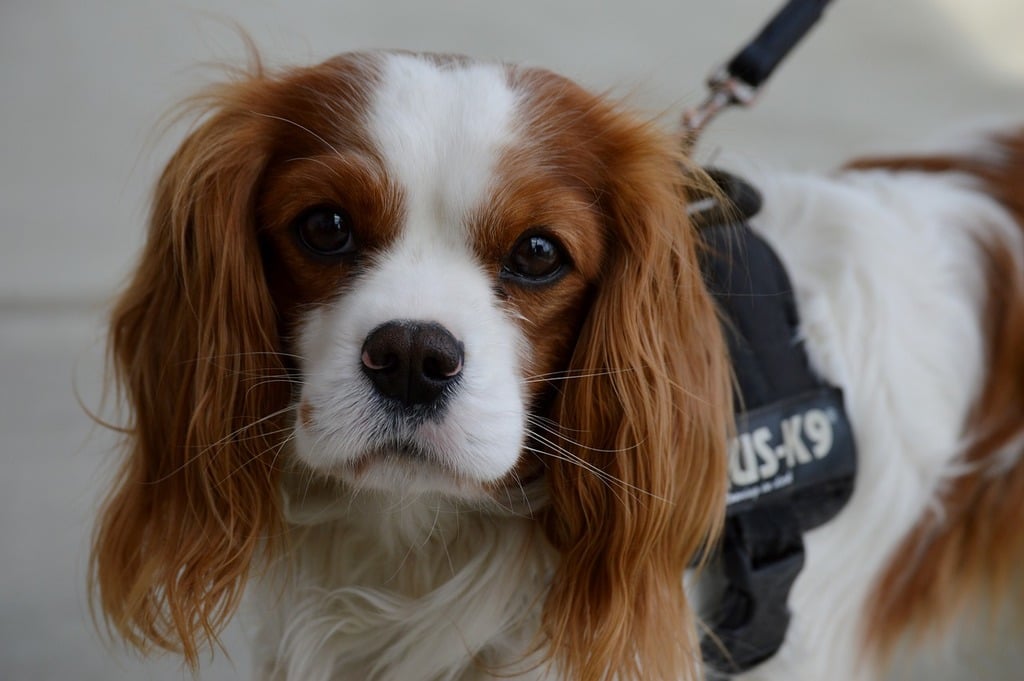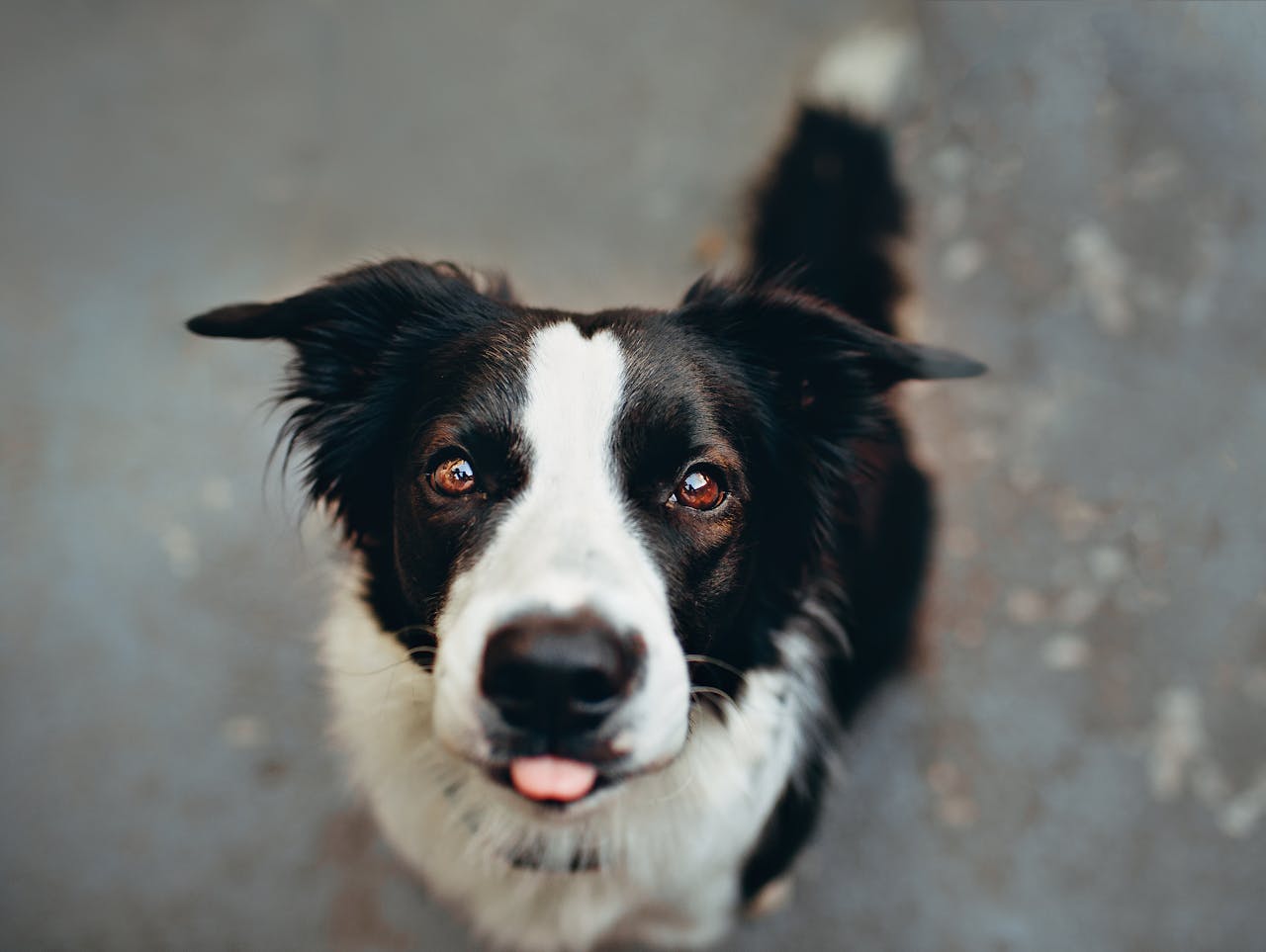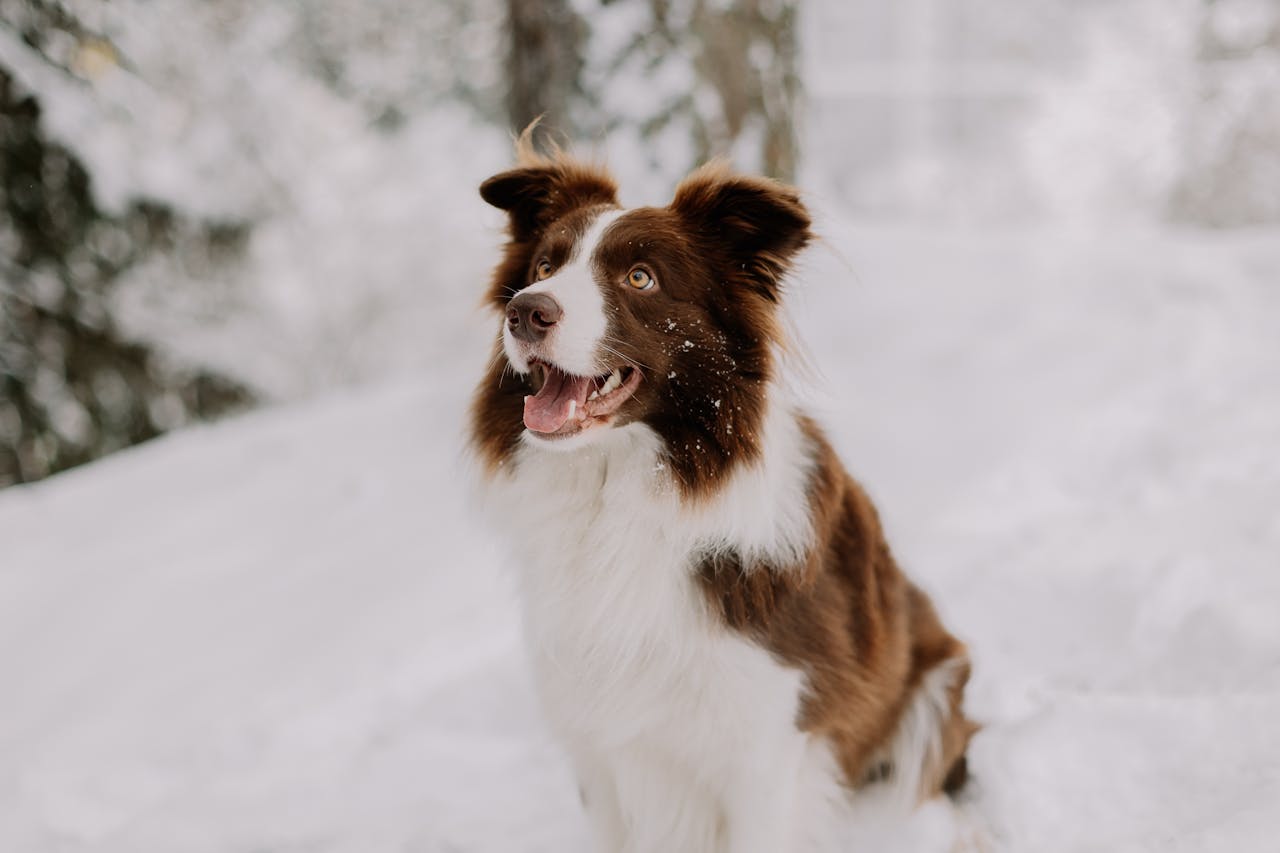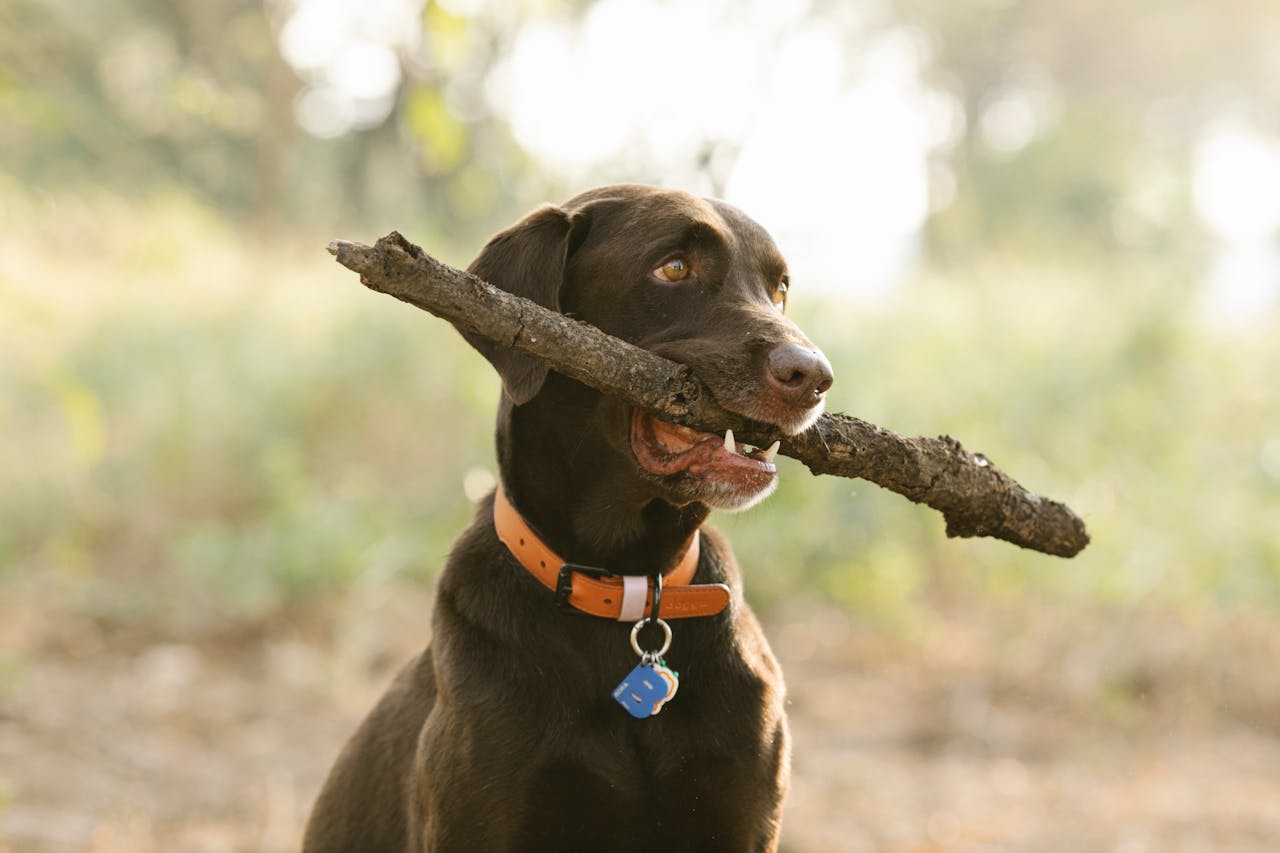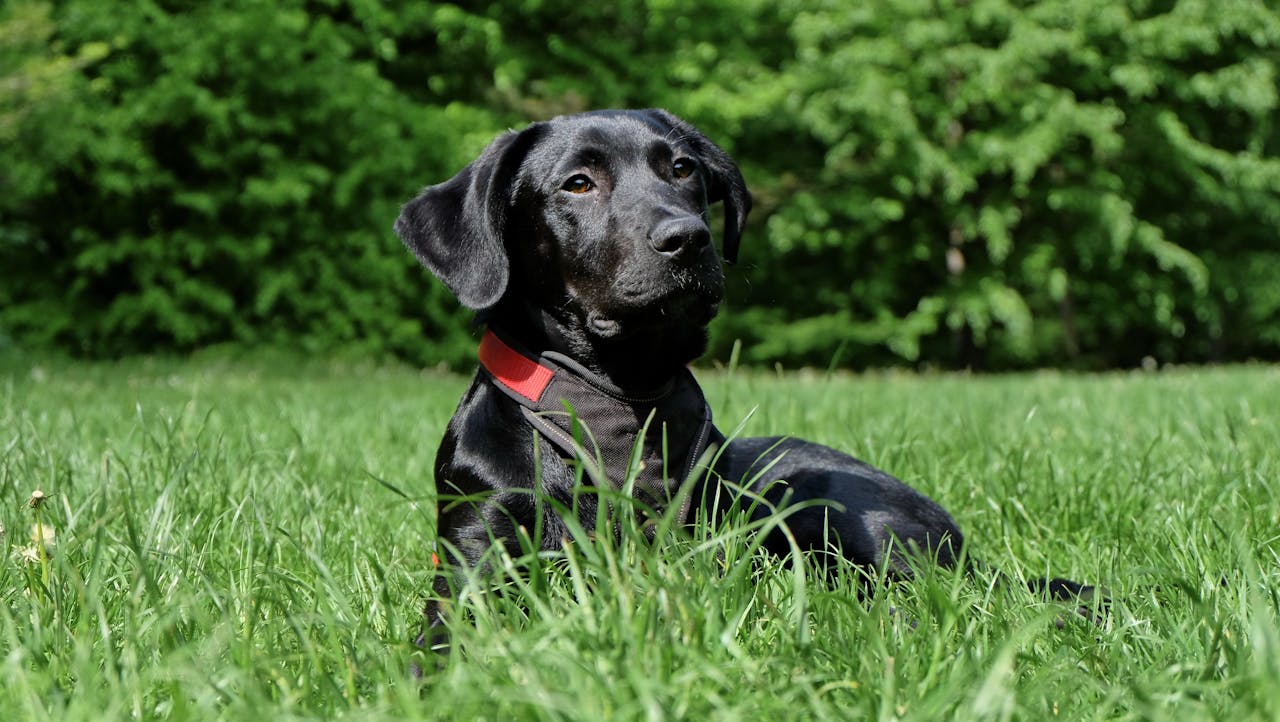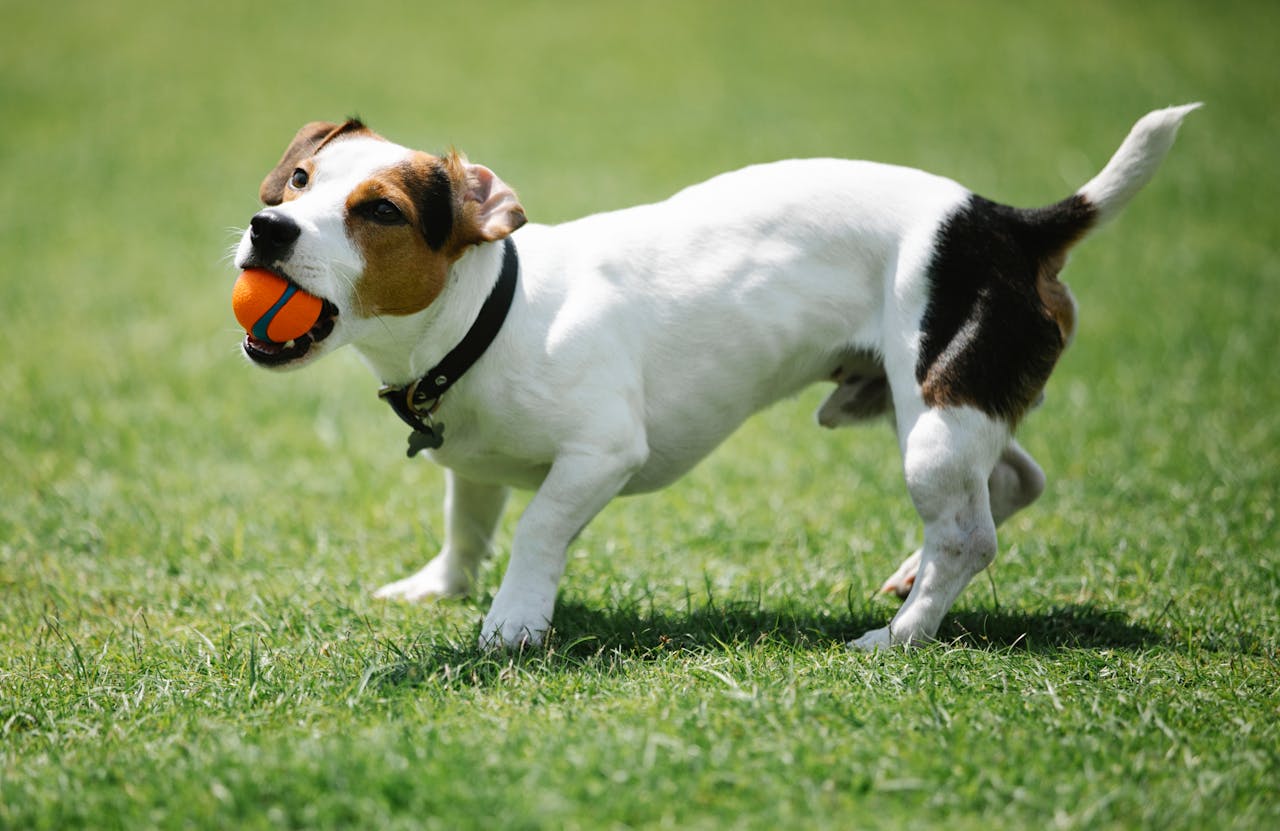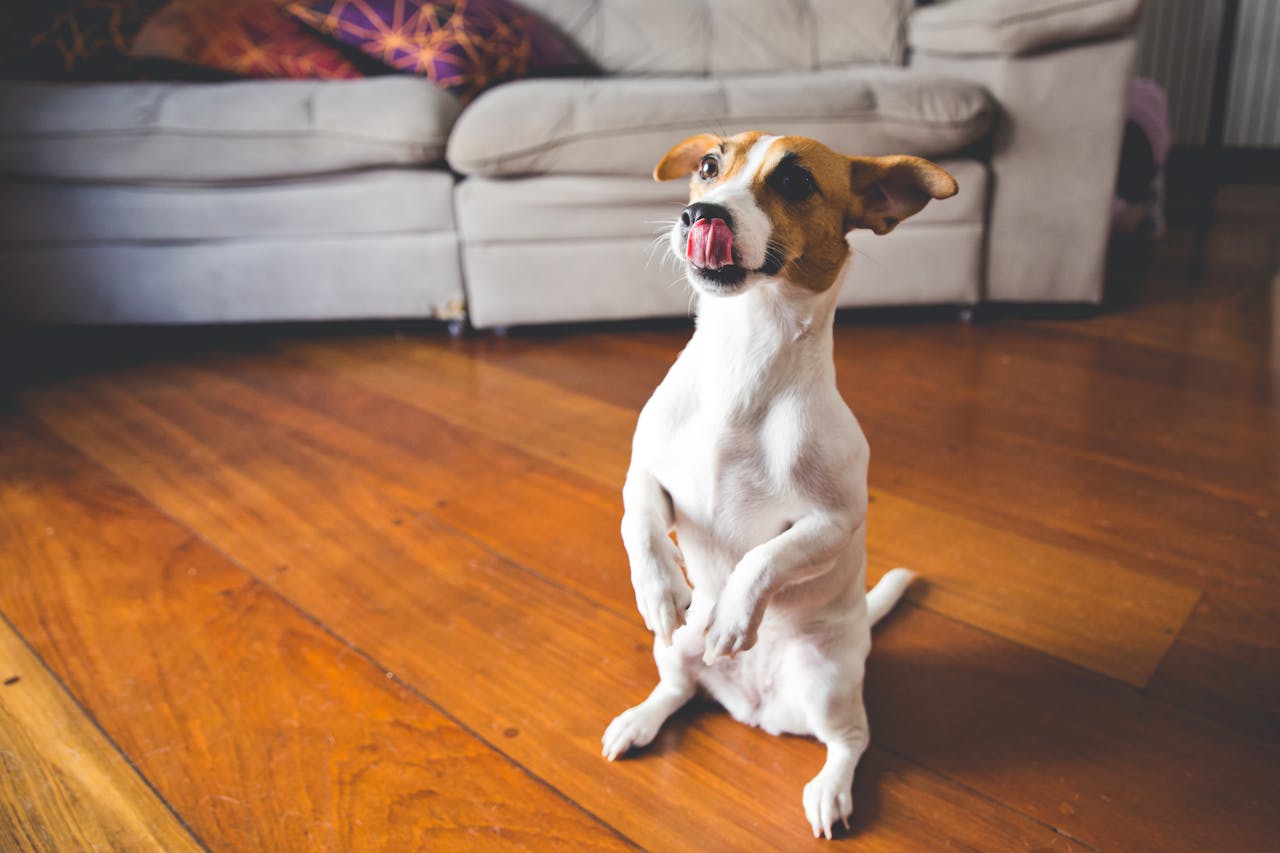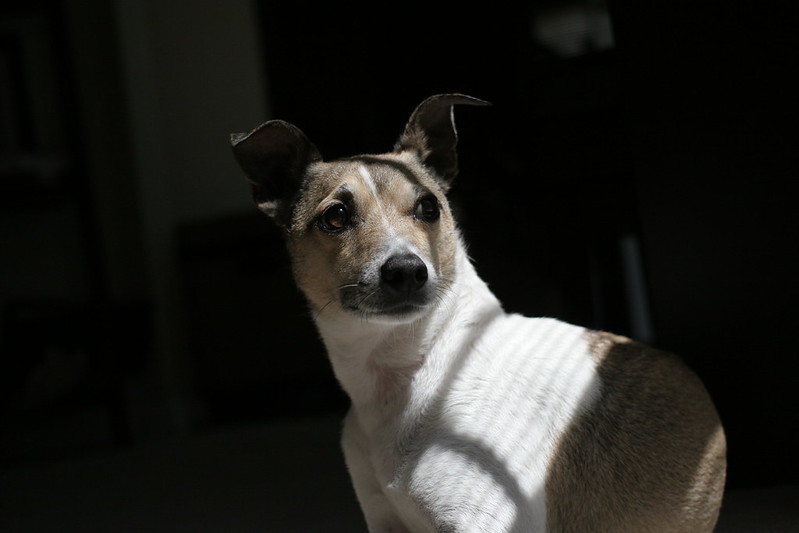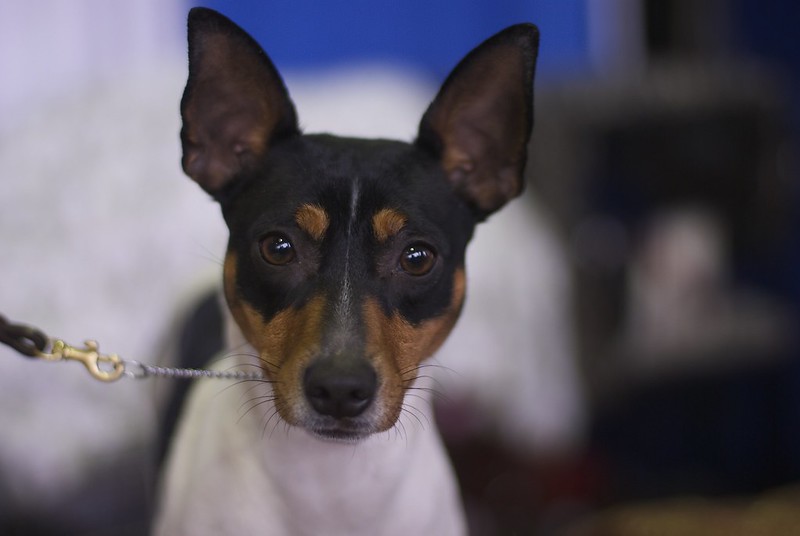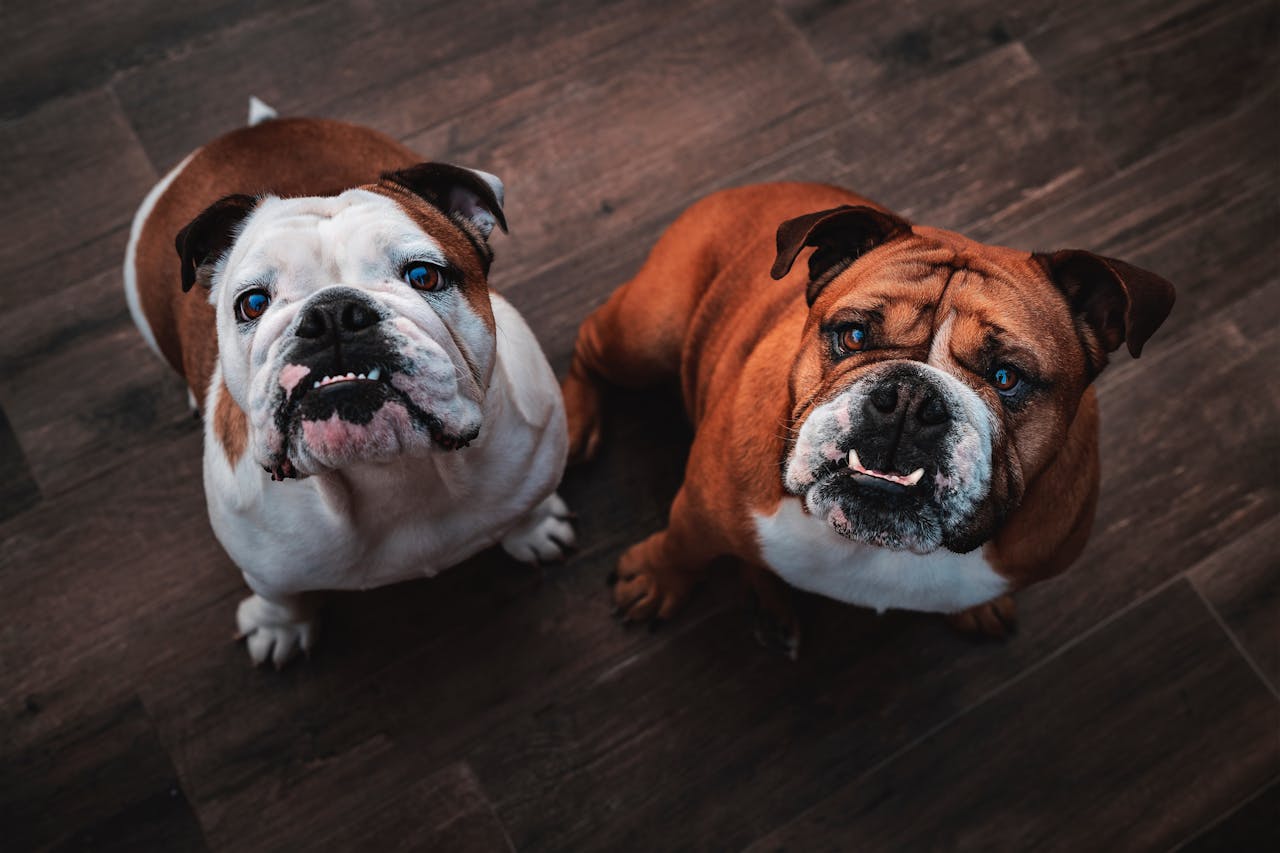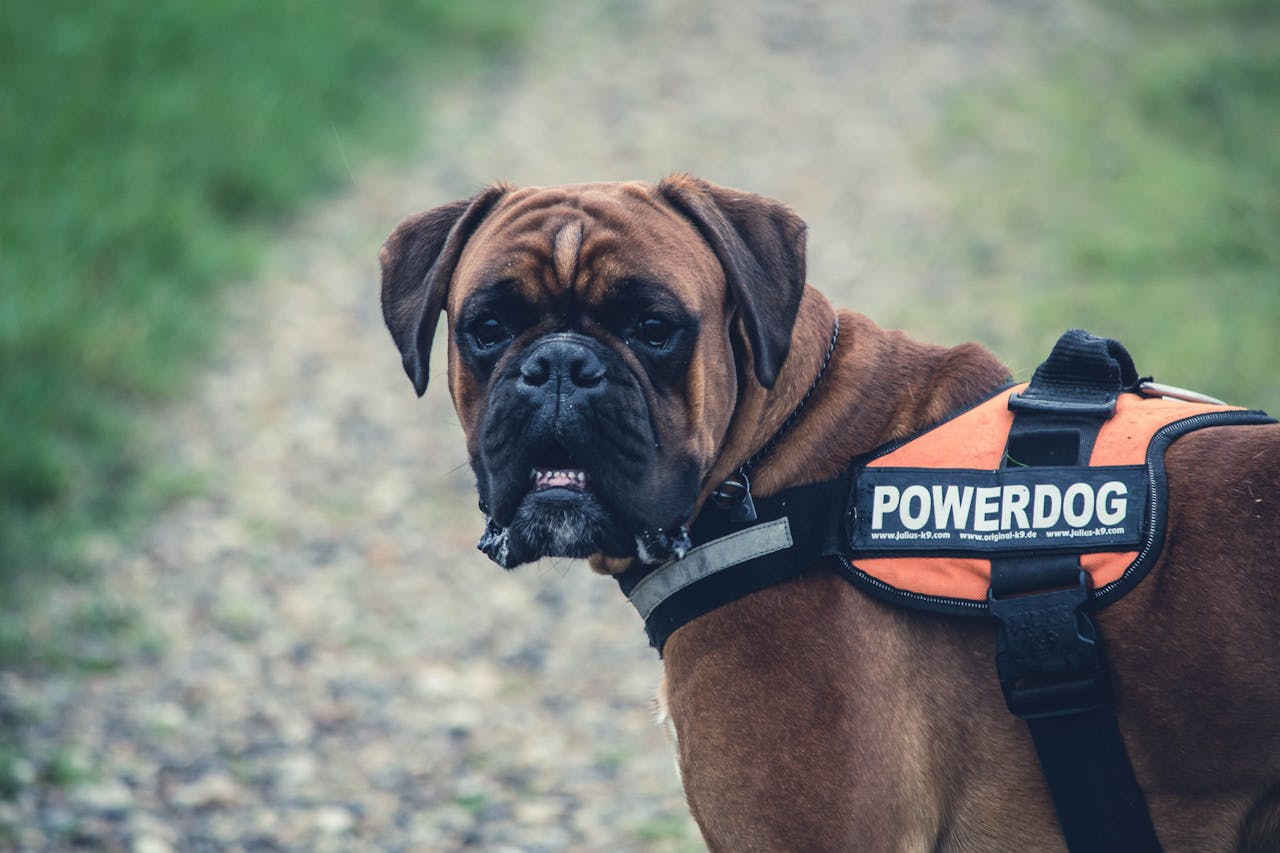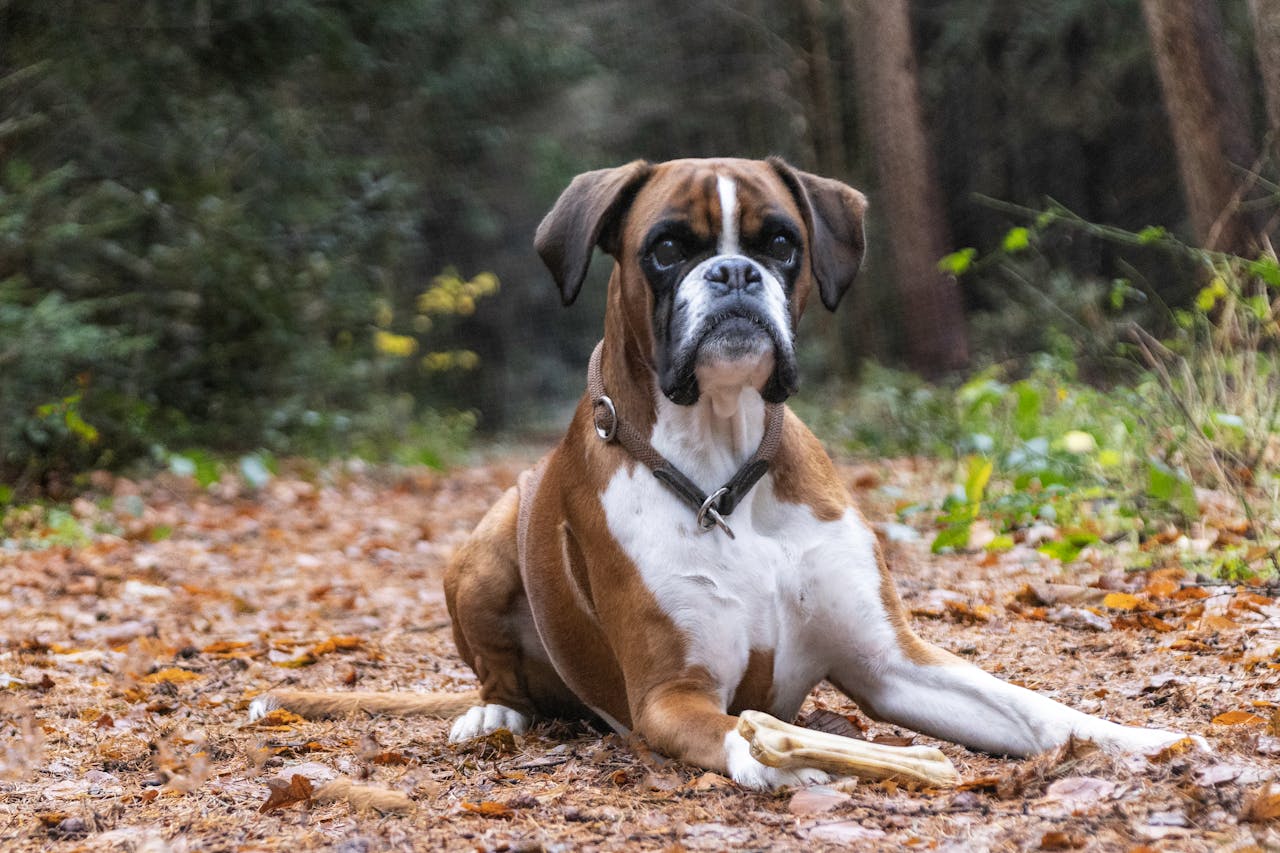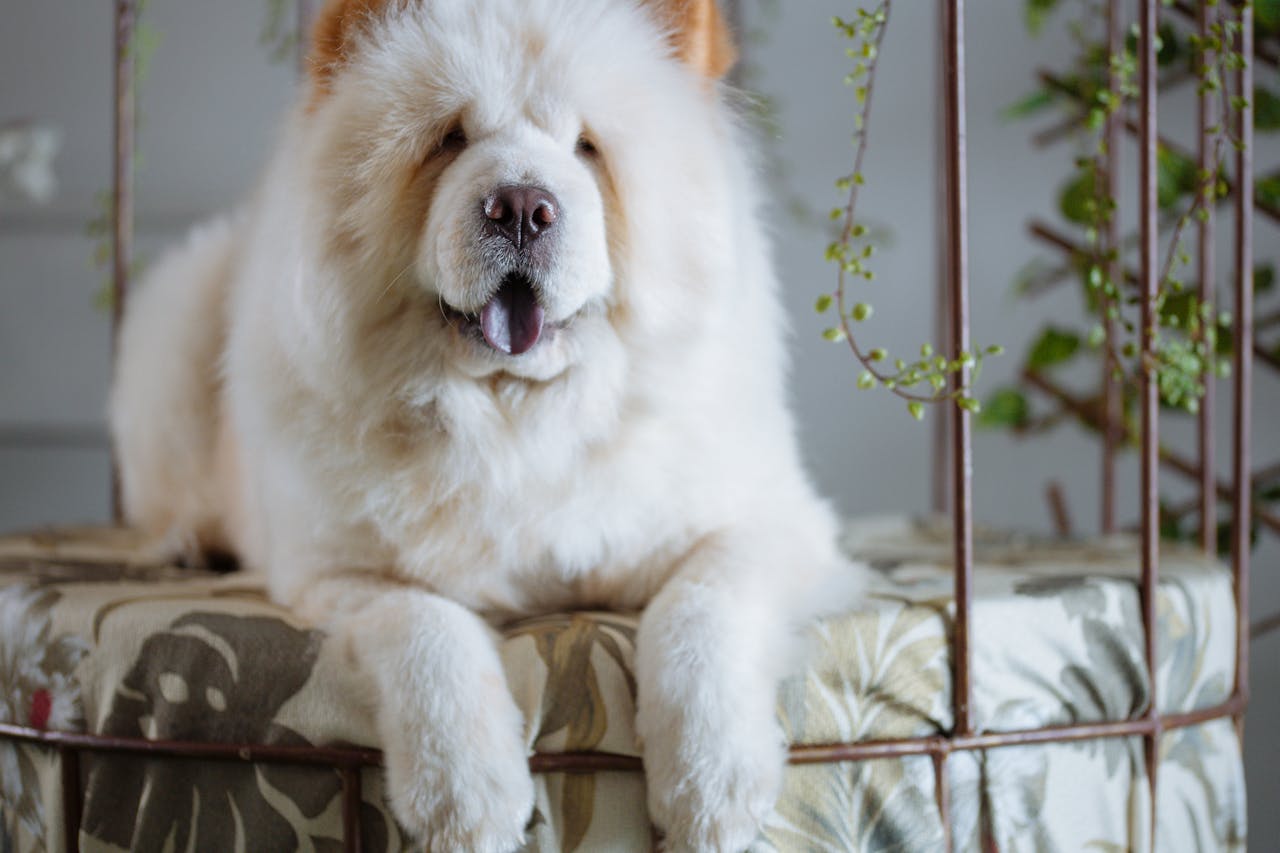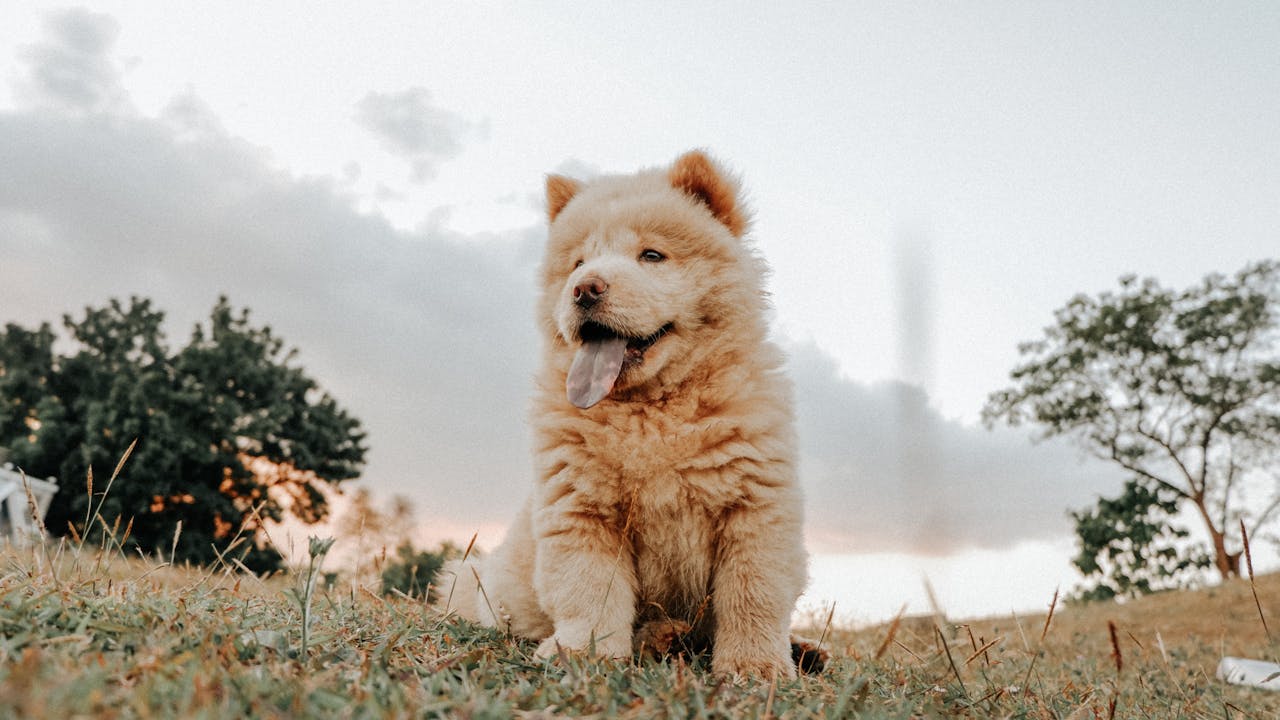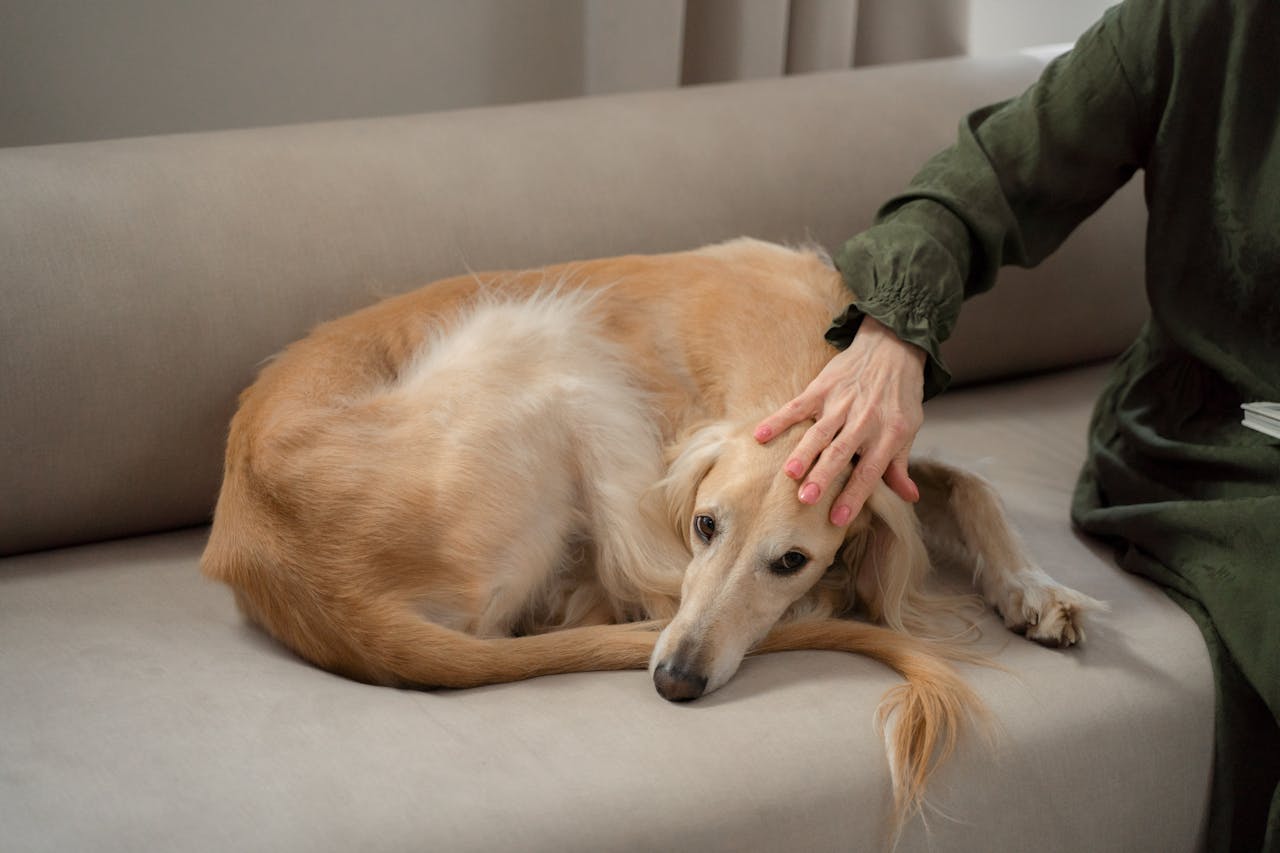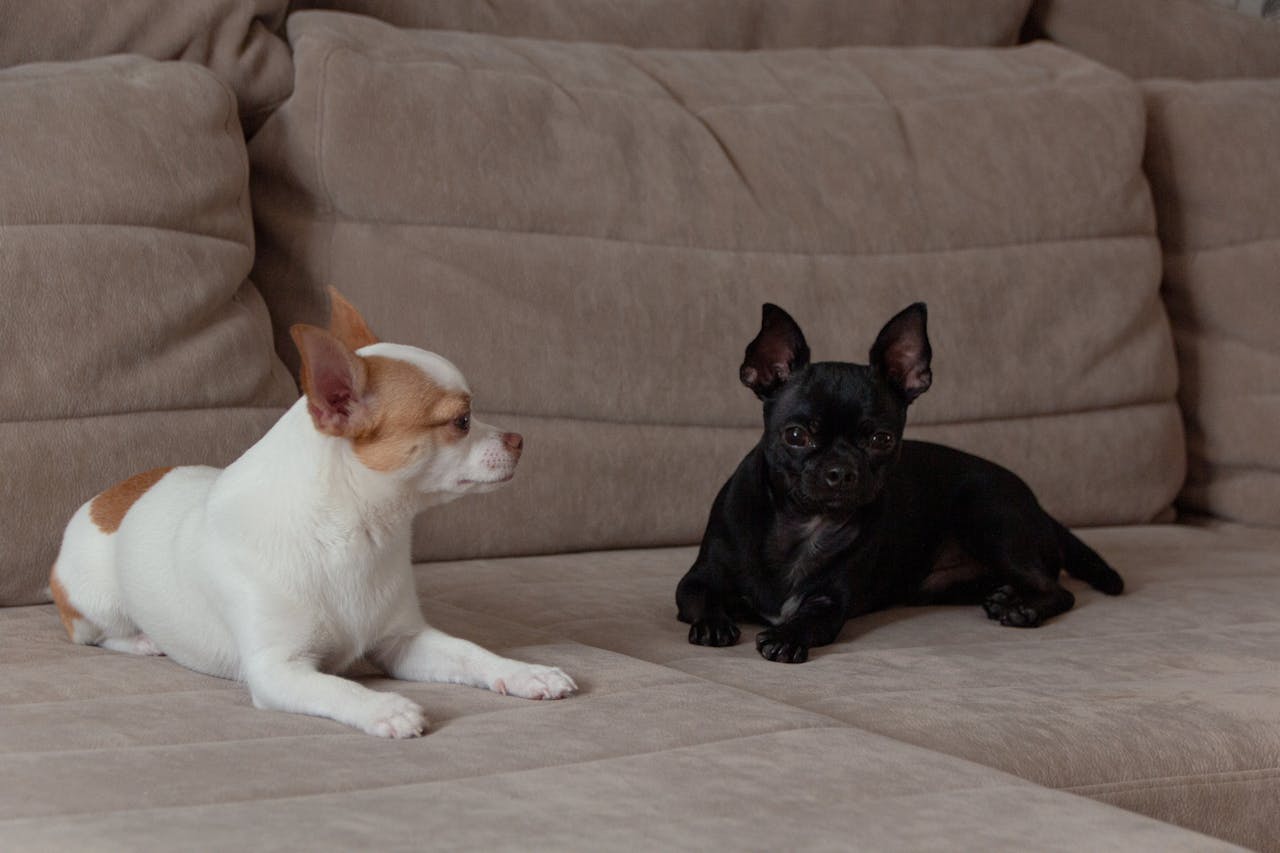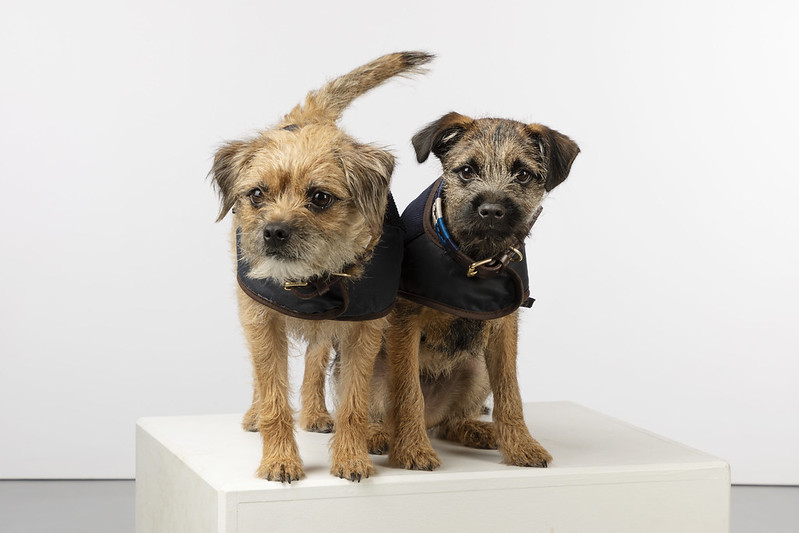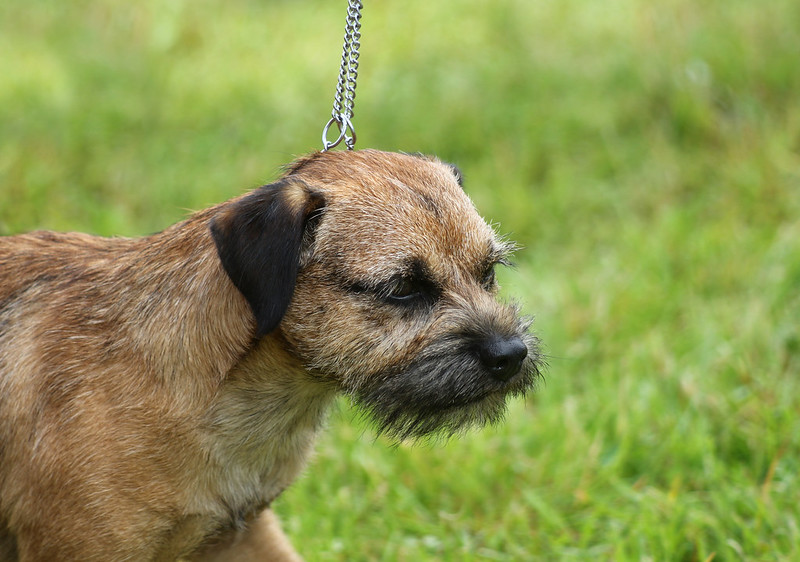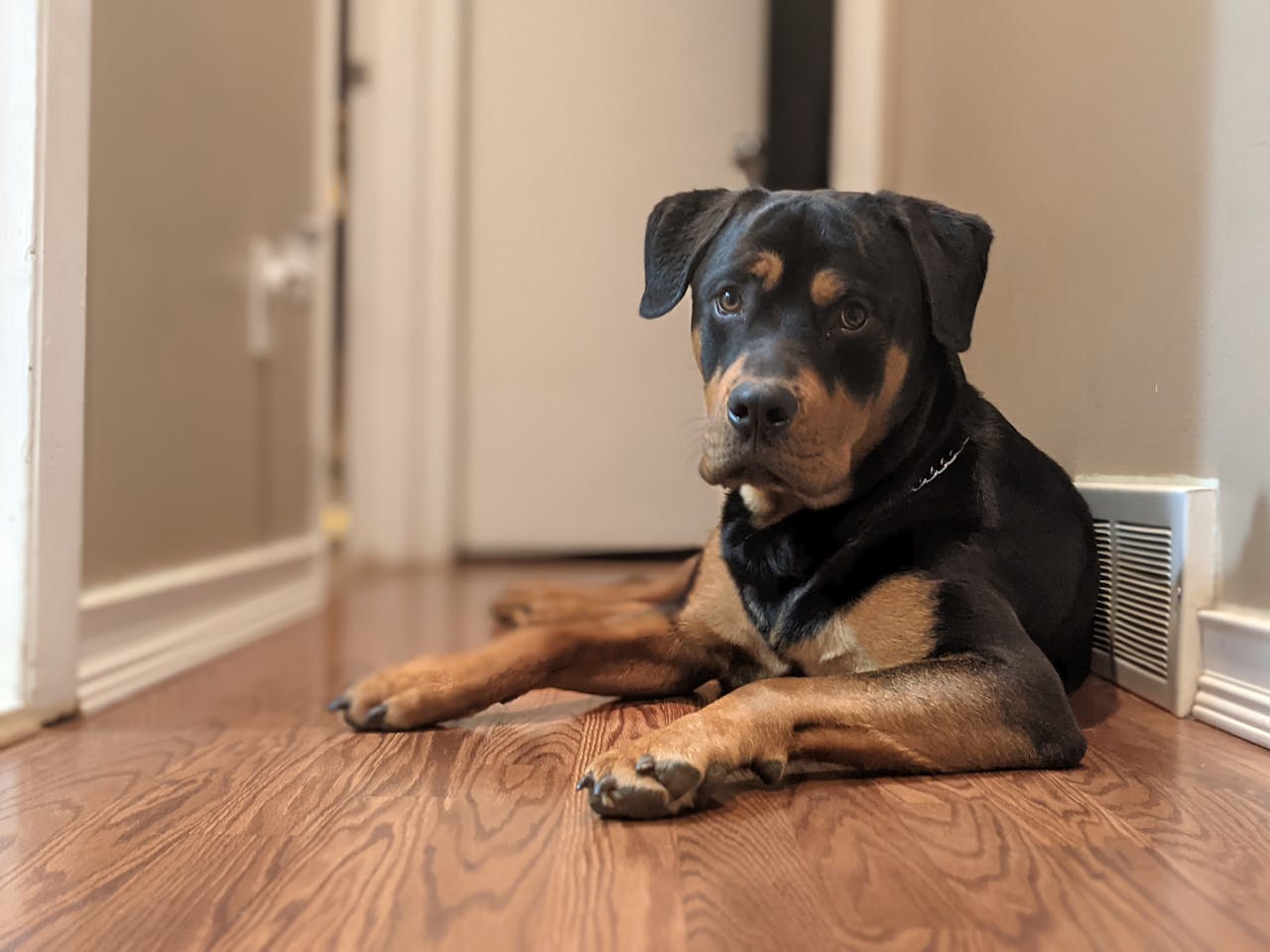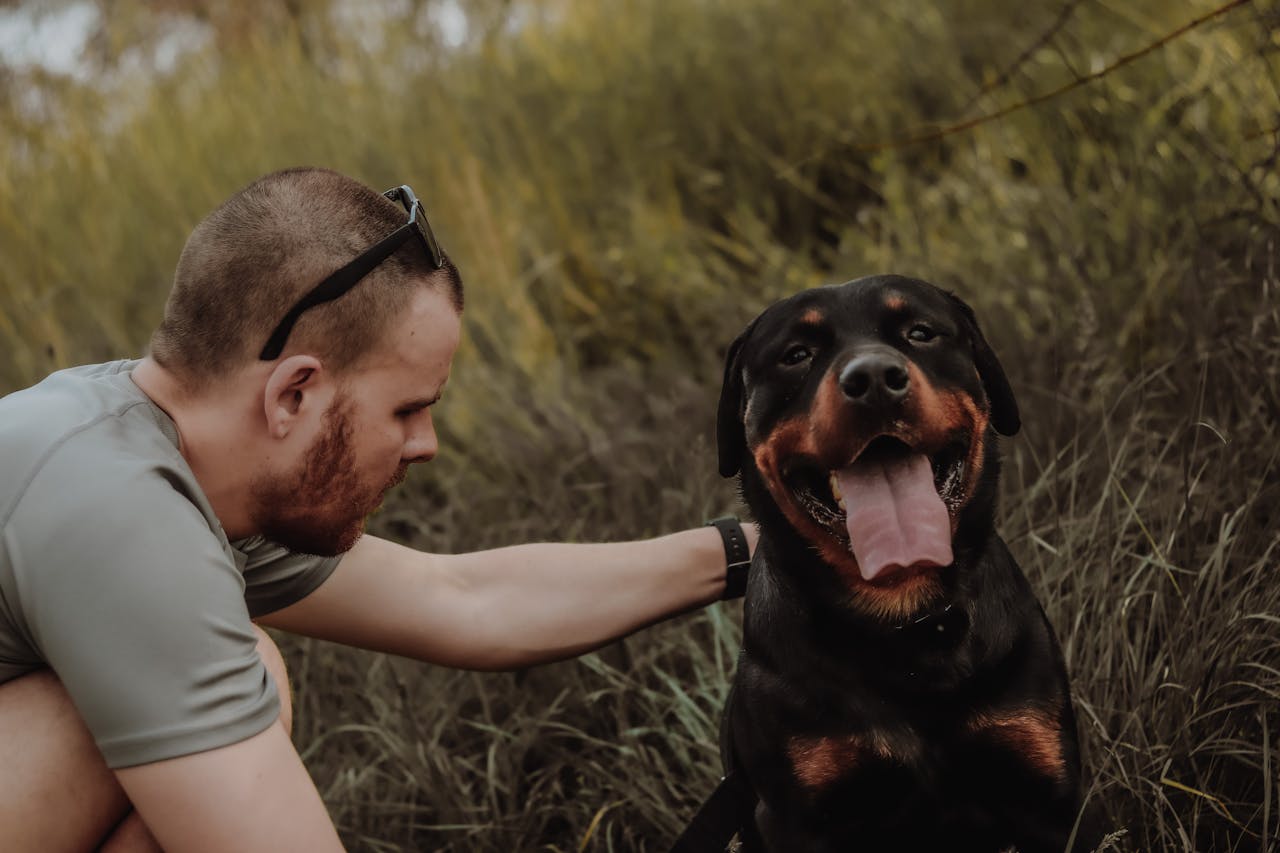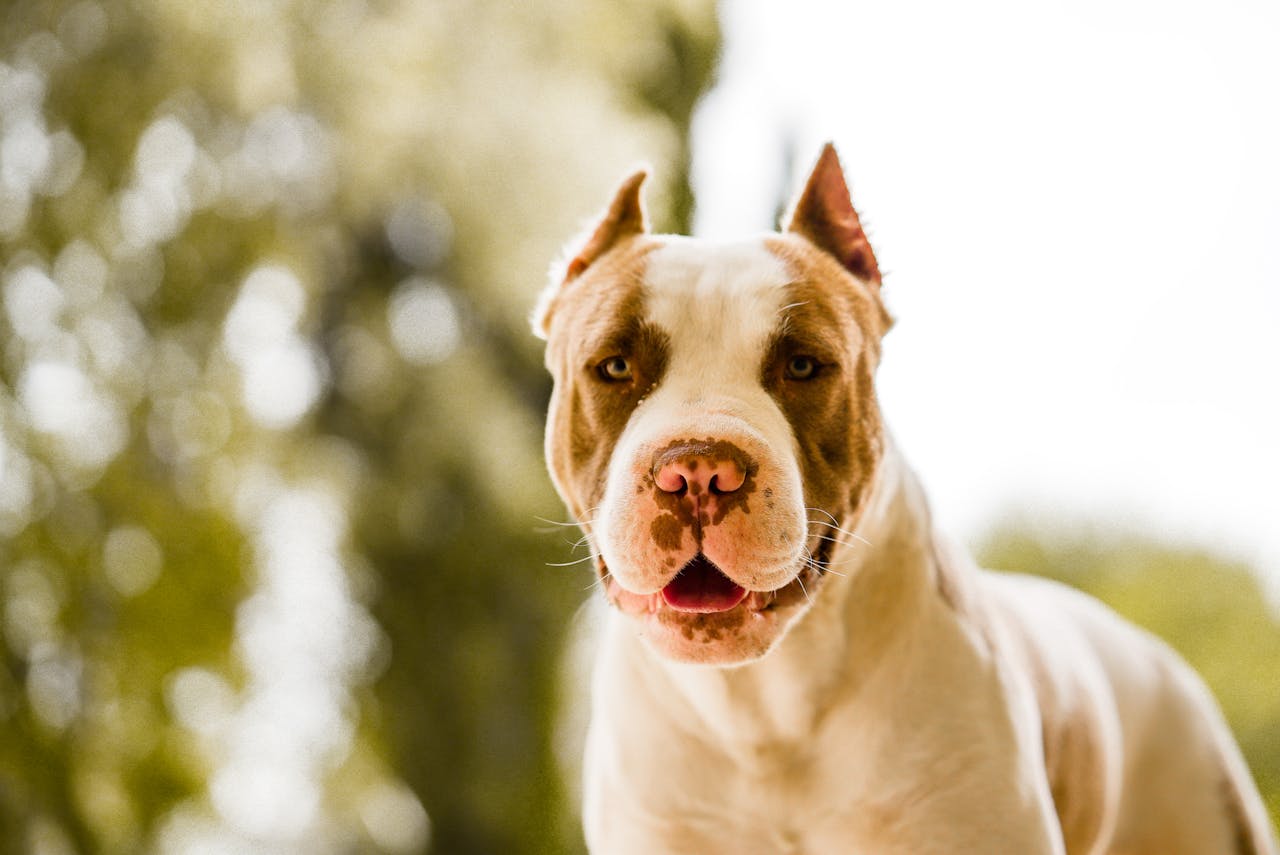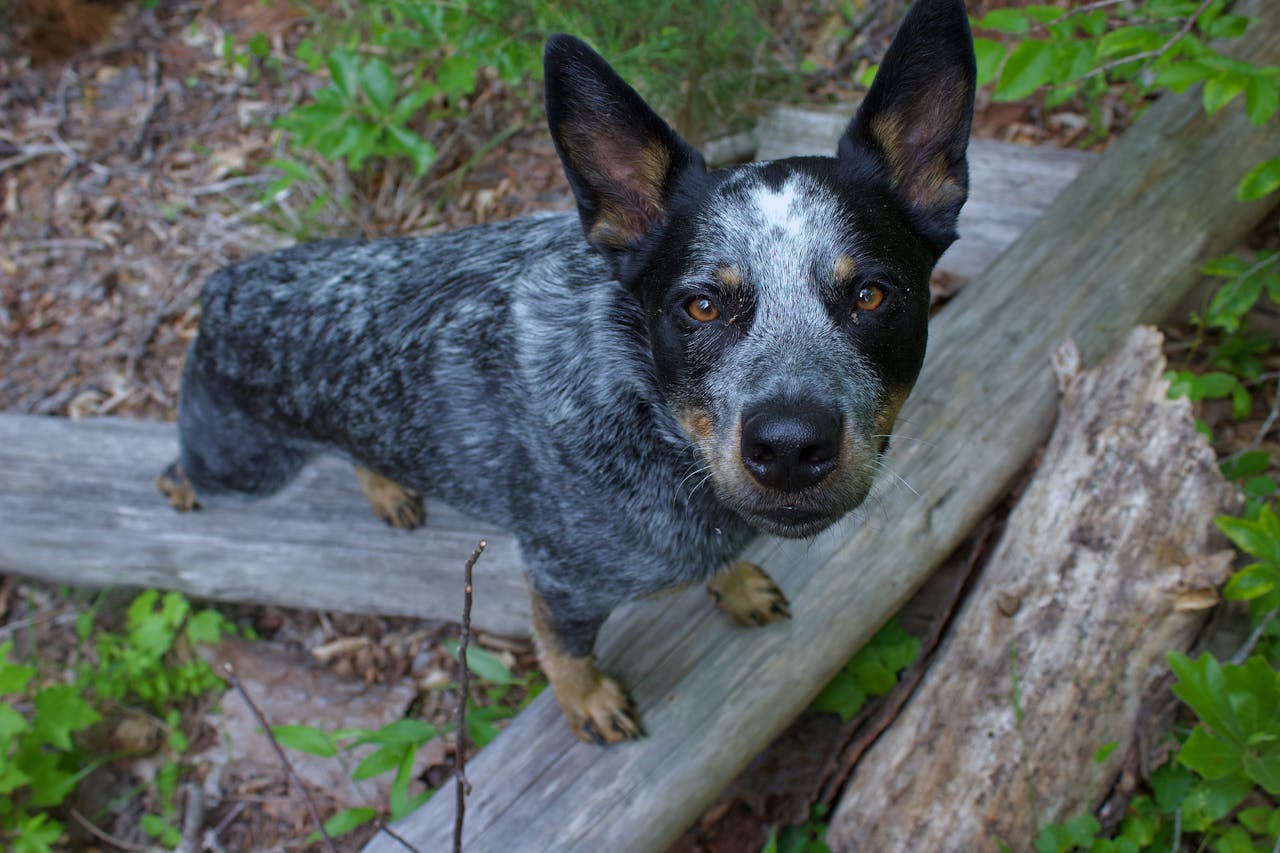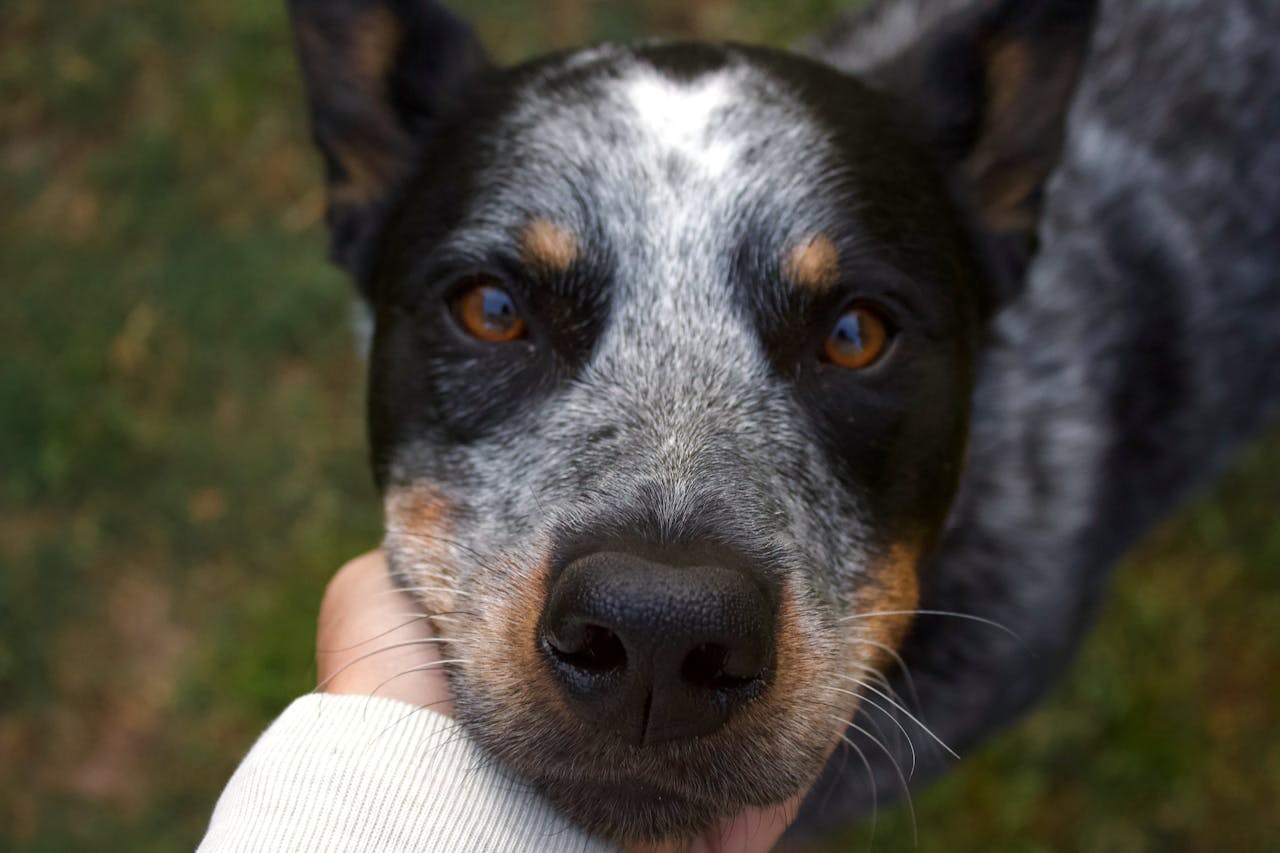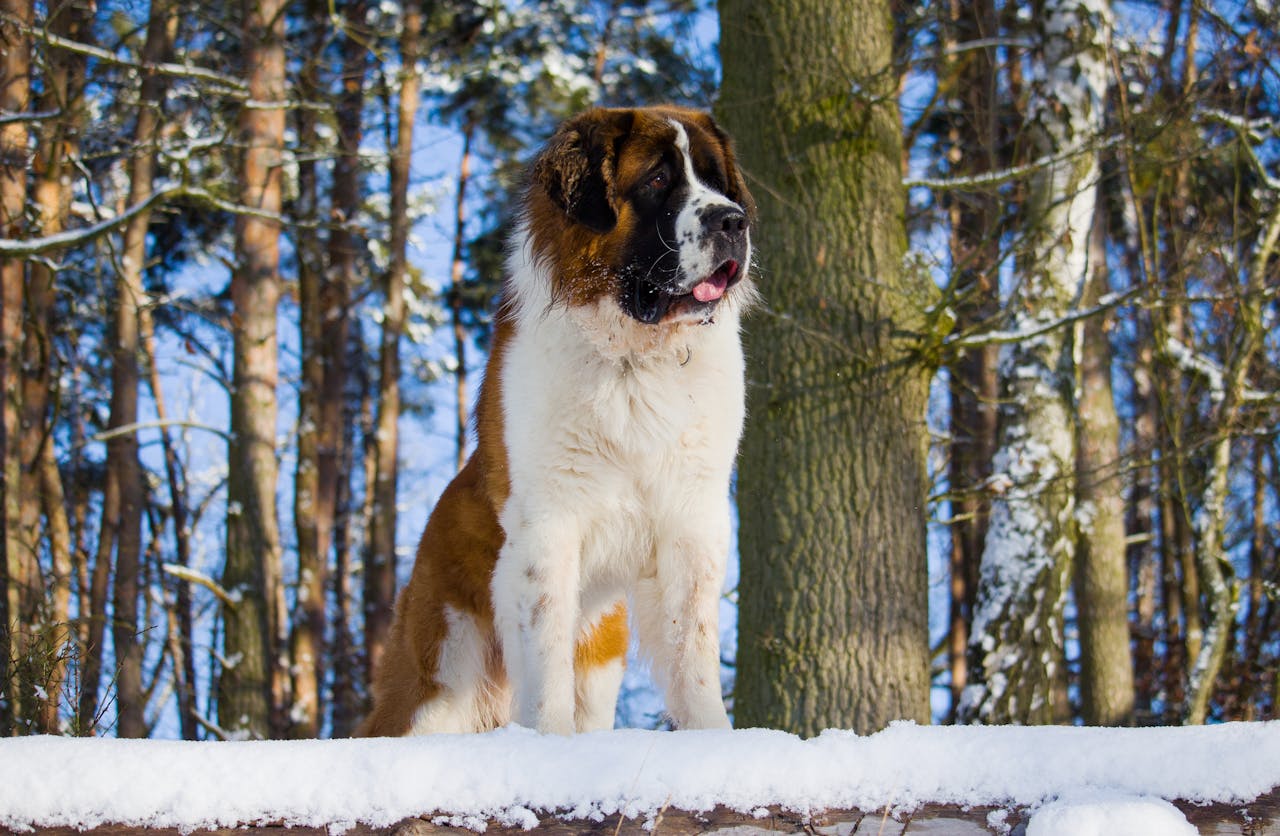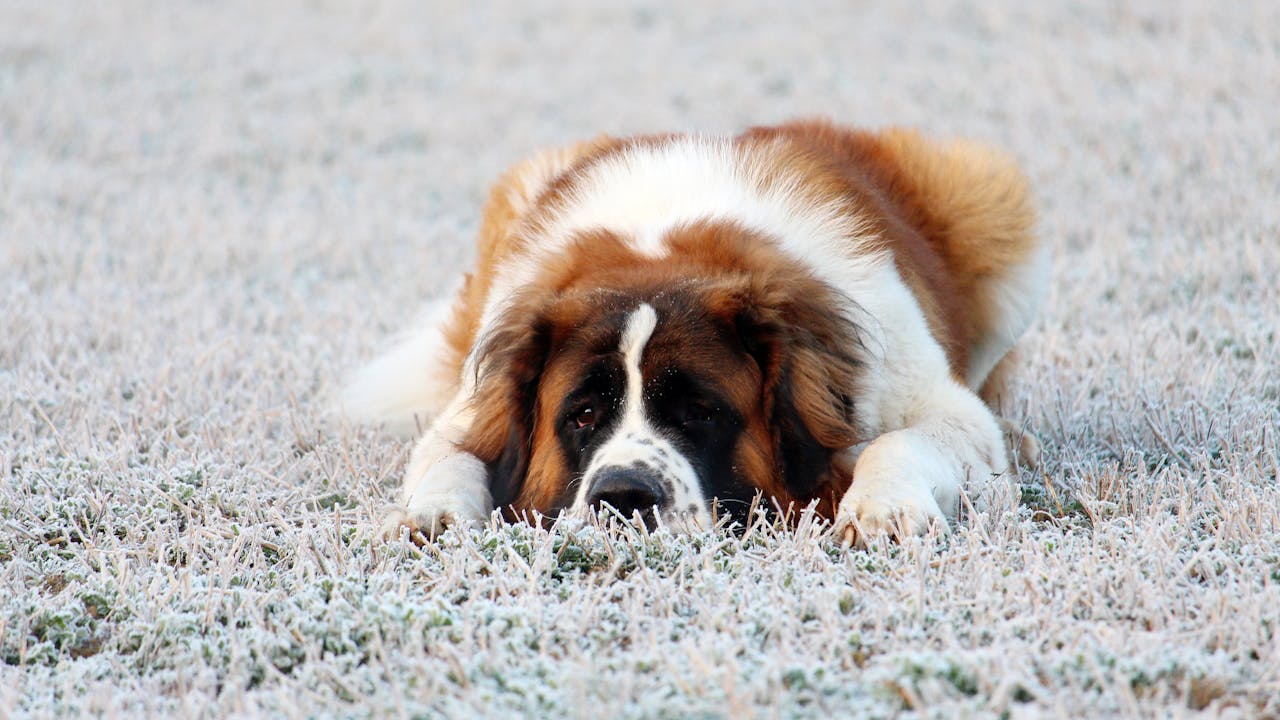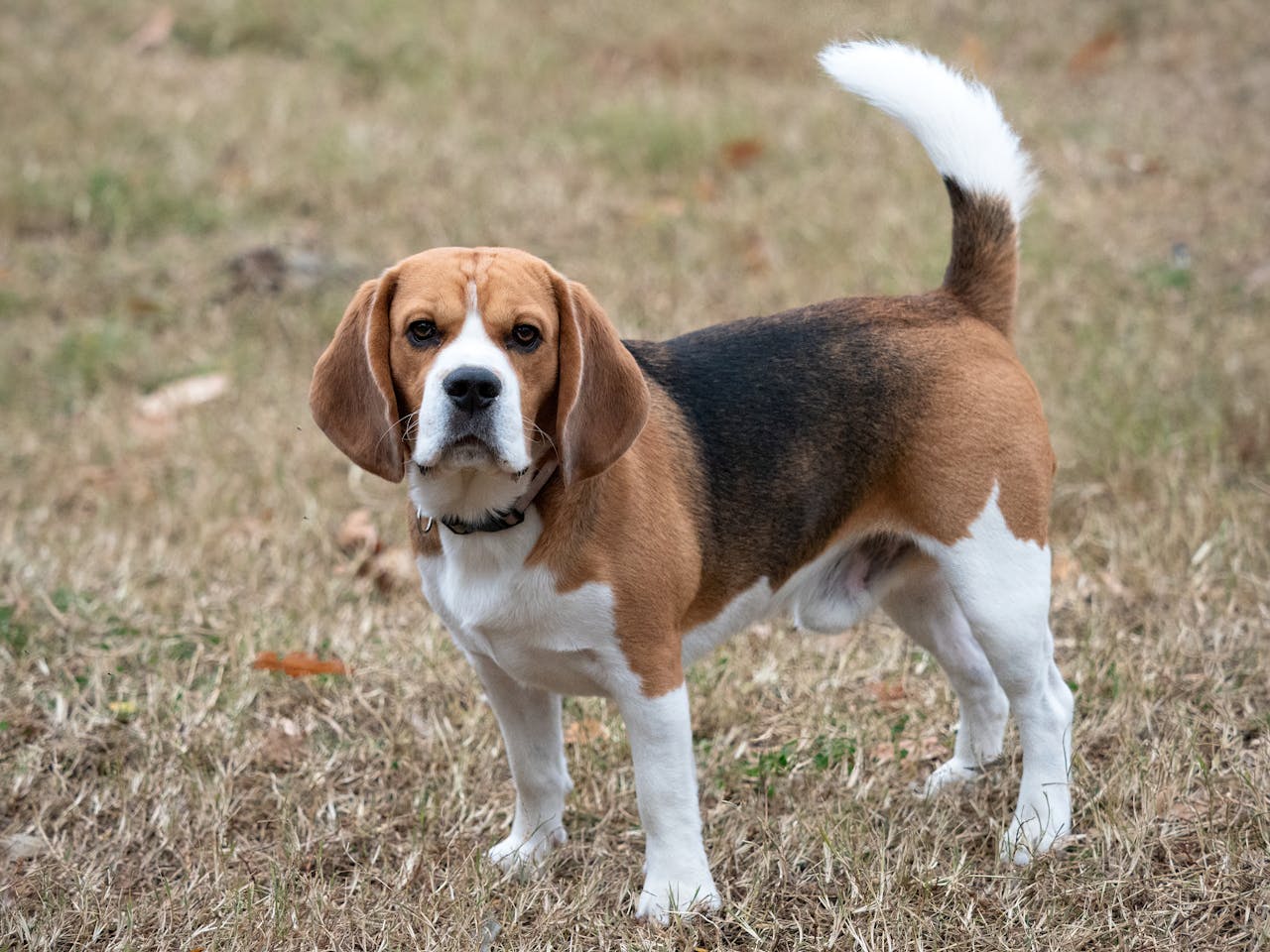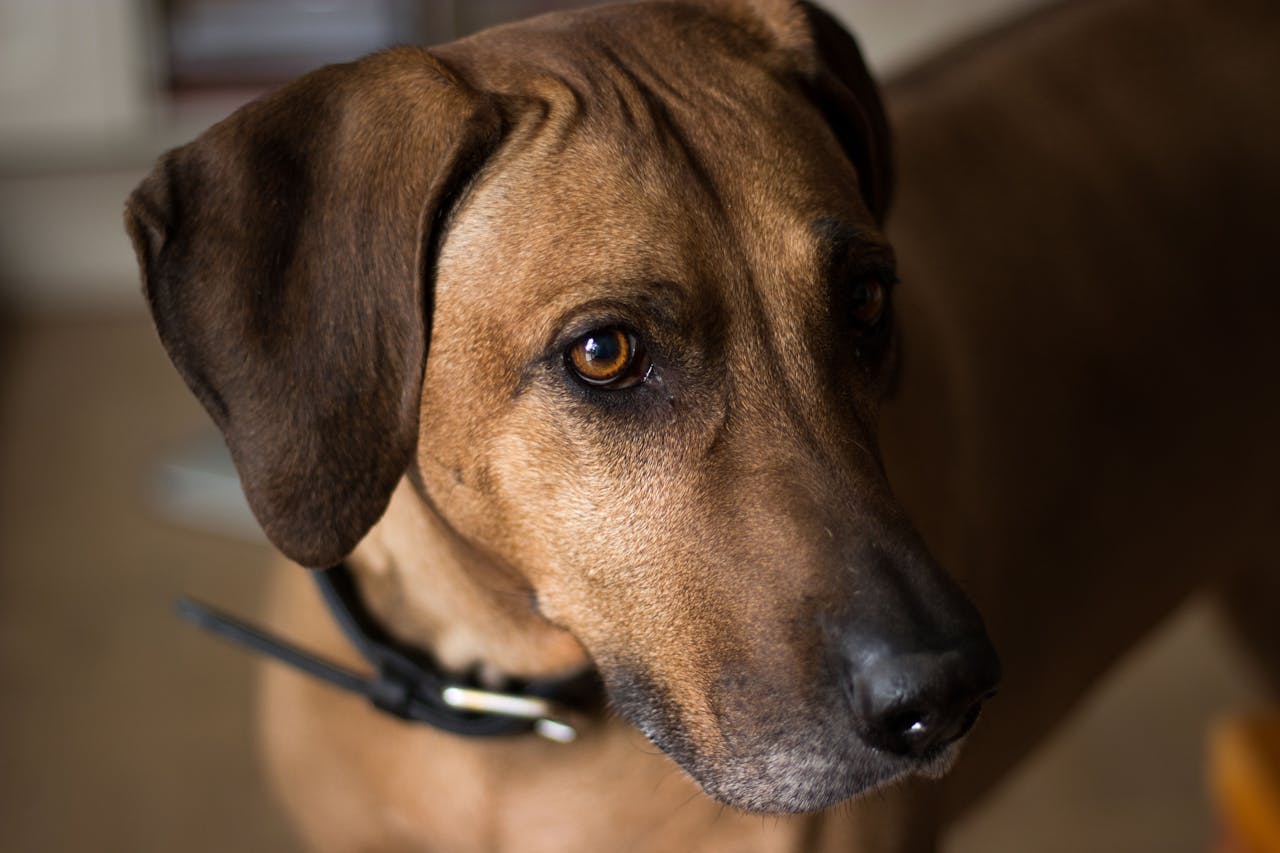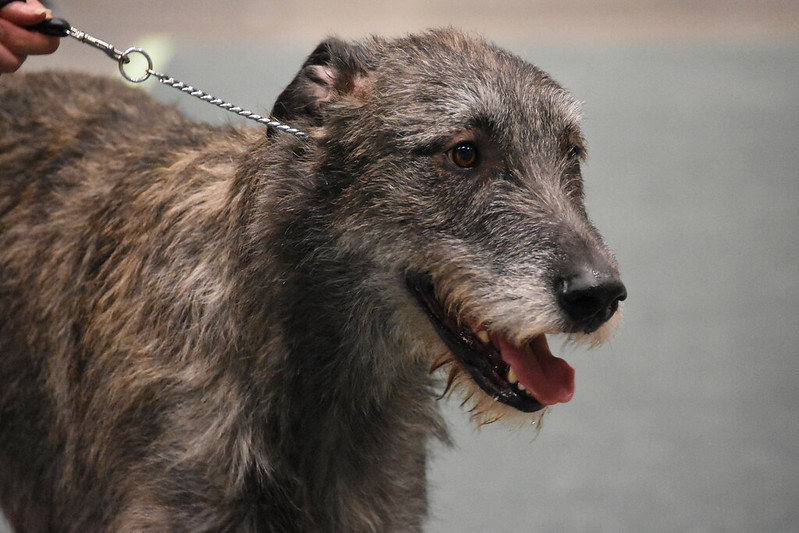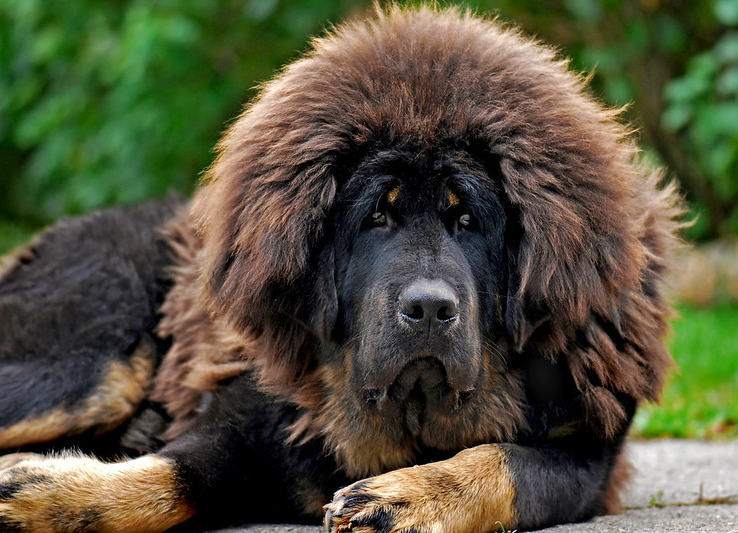Expectations Vs Reality
It can be hard to know what you’re getting into when you’re adopting a dog. Though they’re all different, each with its own individual personality, there are some breed traits that have led to regret for adopters, from unusually high energy to unusually big personalities. But for every breed that might be overwhelming for an inexperienced owner, there are those that vets, dog trainers, and other professionals can all agree on recommending.

Potential For Regret: Siberian Huskies
Few dogs are as striking as the Siberian Husky, with its thick, silvery fur and vibrant eyes. Huskies were brought to North American to serve as working sled dogs, and were later bred for racing. Their energy levels, physical attributes, and agility speak to this history.
Siberian Huskies: The Escape Artists
Any prospective owner of a Siberian Husky should be aware that they need a lot of physical activity—but should you live in a warmer climate, it might be difficult to work them out safely. They’re also renowned escape artists, shriekers, and shedders. Patience and free time for exercise are key for Husky owners.
Recommended: Cavalier King Charles Spaniel
The Cavalier King Charles Spaniel is a British toy breed known for being affectionate, playful, gentle, and adaptable. Some dog trainers have said that their moderate energy level and calm nature can make them a great dog for seniors.
Cavalier King Charles & Small Spaces
The Cavalier King Charles Spaniel makes a great city/apartment dog. Why? Well, their fearless yet friendly nature means that big noises won’t be a problem, and that they won’t have a problem with other dogs—or their many human admirers—on the street. Also, they bark less than other small breeds, making them great for urban living.
Potential For Regret: Border Collies
Border collies are a wildly popular breed that present many of the same pros and cons as other herding dogs. Not only are they very good at what they do when they’re working, they’re also incredibly smart. Perhaps too smart for some owners…
Border Collies & Mental Stimulation
Border collies were bred to work for hours and hours each day, essentially problem-solving the whole time—and their clever nature reflects this. Beyond physical stimulation, border collies need a whole lot of mental stimulation each day, which can be time-consuming. Without the proper attention, border collies can exhibit restless or destructive behavior.
Recommend: Labrador Retrievers
For the first one or two years, some labs may present the same problem that herding dogs like border collies do. They are high energy, and their history as working dogs may shine through. However, there’s one key difference: They can be a little dopey. Or a lot. But this trait actually works for them.
Labrador Retrievers: The Ultimate Family Dog
Labs are social and they lack the spatial awareness of their compatriots, which means they don’t mind sharing space with rambunctious kids. They present their own problems—they can be jumpers and they’re very food-motivated, so you’ll need an iron fortress for a garbage can—but these are behaviors that can easily be trained out.
Potential For Regret: Jack Russell Terrier
Like others in the terrier family, Jack Russells were bred for hunting vermin—and all that time alone in small spaces made them incredibly independent. They’re small and charming, but they also have large personalities.
Jack Russell Terriers & Being The Boss
Thanks to their independent nature and determination, Jack Russells can be a handful. They’re very destructive as puppies and need a lot of monitoring to make sure they don’t accidentally ingest the contents of every cushion in the house. Even after they grow up, they need a lot of training and are very hyper.
Recommend: Rat Terriers
While Rat Terriers were also bred to hunt vermin, they have a moderate energy level compared to Jack Russells. While they do require mental stimulation and physical activity, it’s at a much more manageable level than other working dogs.
Rat Terriers: The All-Arounders
Rat Terriers are friendly, playful, and good with children, making them a great choice for family dog. Though they need outdoor time, indoor play with kids can expel some of their energy. Their needs are also easy to handle in terms of grooming, training, and socializing.
Potential For Regret: English Bulldogs
Who doesn’t love an English bulldog? After all, they love us right back. The English bulldog is very people-oriented, and thrives on attention and cuddles. They are sweet and gentle little tanks with a hilarious side—but sadly, their breeding has presented problems.
English Bulldogs & Health Issues
Unfortunately, due to breeding practices, these stocky sweethearts are beset with health problems. Their short noses mean that they’re susceptible to breathing problems, particularly during periods of exertion and in hot climates.
Recommended: Mutts/Mixed Breeds/Strays
It may come as a surprise to learn vets and dog owners alike recommend mutts and mixed breeds. After all, there’s no way of tracking their pedigree. While we can only speak in a general sense, many mutts have gentle demeanors—and unexpected bonus.
Healthy Mutts
Mutts don’t suffer from as many genetic or hereditary problems as their purebred counterparts—leading to a higher quality of life for the dogs, and fewer vet bills for owners.
Potential For Regret: Chow Chows
Chow Chows are among the most unique dog breeds out there, with their fluffy folds and distinctive blue tongues. While they still have their fair share of energy, they also tend to be reserved—which unfortunately, can present a problem.
Chow Chows & Socialization
Chow Chows need to be diligently and continuously trained. They also need to be properly socialized as part of their training in order to reduce their risk around strangers and other dogs. Without proper training, they can exhibit aggressive behavior.
Recommended: Greyhounds
On the surface, Greyhounds might seem like an intimidating breed to adopt. After all, they’re bred to race! However, greyhounds aren’t nearly as speedy or as energetic as you might expect them to be. Though you can adopt them as puppies, many greyhounds need homes after their racing careers end.
Greyhounds: A Chill Companion
And while they would certainly enjoy an off-leash sprint if the space allows, they are also calm and obedient walkers. Perhaps most importantly, they are great companions, with loyal and affectionate behavior. Just make sure you take care of their teeth, which can be a weak spot—and that you’ve got plenty of blankets for them to burrow in.
Potential For Regret: Chihuahuas
Who wouldn’t want a dog that looks like a cartoon character, is as funny as one, and that you can take everywhere with you? Chihuahuas are adorable, charming, loyal, and feisty. In fact, despite their size, they’re often larger than life.
Chihuahuas: Little Dog, Big Personality
Is it possible for a dog to have too much personality? Anyone who has dealt with an aggressive Chihuahua will tell you the answer to that question is yes. Their high energy and bold personalities can become overwhelming, and without training, they may get aggressive.
Recommended: Border Terriers
If you’re looking for a pocket-sized puppy without having to prepare for a constant battle of the wills, consider a Border Terrier. They’re more likely to form attachments to their human than other small breeds and terriers, and have an affectionate side.
Border Terriers: Easy Does It
Not only are they sweet, Border Terriers are even-tempered, obedient, easily trained, and, according to vets, generally are in good health and suffer from fewer endemic issues than other purebreds.
Potential For Regret: Rottweilers
Rottweilers, at their core, are big, cuddly sweethearts—with the most viscous drool imaginable. However, they’re also a lot of work, requiring training and mental and physical stimulation throughout the day, like many other breeds.
Rottweilers & Dominance
Because of their large size and history as pack animals, Rottweilers can be naturally dominant—and without proper training, this can lead to conflict between owner and pet. As with any breed, it’s important to look at their needs before you adopt, and prepare to potentially change your lifestyle to accommodate a Rottie.
Recommended: Pit Bulls
Like Rottweilers, pit bulls are essentially huge sweeties at their core, eager to cuddle or share a sloppy, wet kiss. Though they require training, they take to it well, and can make excellent family dogs.
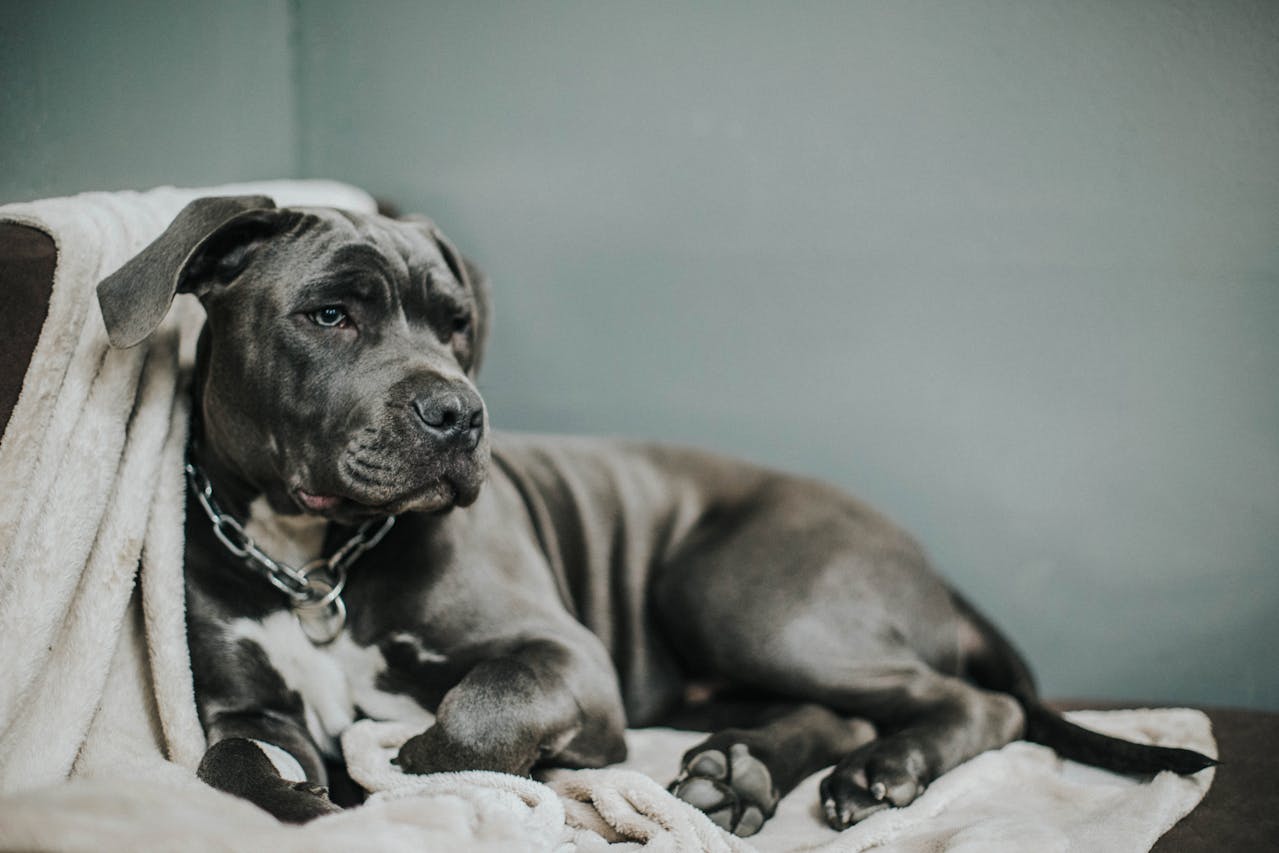 Helena Jankovičová Kováčová, Pexels
Helena Jankovičová Kováčová, Pexels
Pit Bulls & Social Stigma
Unfortunately, pit bulls have a long history of social stigma and it may be prohibited to own or adopt one in certain areas. Though they’ve certainly been mischaracterized, pit bull owners may find it difficult to deal with judgmental neighbors & fellow dog owners while out with their pet. However, this shouldn’t stop you from falling for a perfect pittie, should you spot one on a rescue page.
Potential For Regret: Australian Cattle Dogs
Australian cattle dogs are stunningly beautiful, clever, agile, and can make great companions, even without a herd for them to corral. However, their working background can provide challenges to certain dog owners.
Australian Cattle Dog Energy Levels
Australian Cattle Dogs are not only incredibly smart, but their also have huge energy levels. In the absence of proper exercise and stimulation, they can unfortunately revert to unwanted behaviors, like barking or destroying furniture.
Recommended: Saint Bernard
Like the Australian Cattle Dog, the Saint Bernard is a working dog—but you wouldn’t be able to tell just by looking at them. Saint Bernards may have been bred for alpine rescues, but as house pets, they are famously low-energy.
Saint Bernard: The Retirement Years
Though these lovable droolers will still need a healthy walk or two throughout the day, they are just as happy to snooze the day away by your side. They’re also extremely patient and gentle with creatures of all shapes and sizes, making them a great dog for a family with younger children.
Potential For Regret: Beagles
Beagles can seem like the ultimate companion. They’re cheerful, affectionate, and would much rather be by your side than on their own. However, this can lead to its own problems…
Beagles & Volume
Beagles are one of the more vocal dog breeds out there—from yaps to barks to straight-up howls. Particularly, when beagles are left alone or are under- or over-stimulated, they can be prone to howling. People living in urban areas might want to prepare their neighbors if they’re thinking of adopting a beagle.
Recommended: Rhodesian Ridgebacks
Rhodesian Ridgebacks have a wild history. They were originally bred in South Africa to aid in the hunting of lions. As pets, they are loyal and smart. They need training, and they do respond to it well, as long as it’s administered fairly—yes, they’re that smart. And they’re also big softies.
Rhodesian Ridgebacks: Personality At A Low Volume
While Rhodesian Ridgebacks can be extremely affectionate with their loved ones, they are also independent and fare well on their own—and they rarely, if ever bark, if noise is a concern
Potential For Regret: Irish Wolfhounds
Irish Wolfhounds are beautiful, gentle giants with a friendly demeanor and easygoing personality. However, because of their unusually large size, they do need a lot of physical activity.
Irish Wolfhound Life Expectancy
Sadly, like many large dogs, Irish Wolfhounds have a shorter life expectancy than other dog breeds. While some estimates say that they’re likely to only live 6-8 years, a 2024 study estimated an expectancy of 9.9 years.
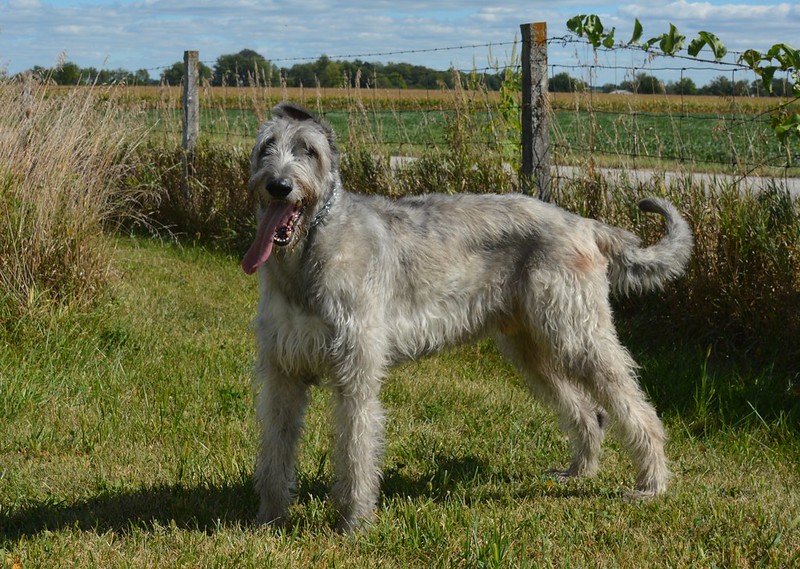 Aiko, Thomas & Juliette+Isaac, Flickr
Aiko, Thomas & Juliette+Isaac, Flickr
Recommended: Tibetan Mastiffs
Tibetan Mastiffs may look just as large as Irish Wolfhounds, but that could just be their giant coats fooling us. They may look imposing, but they can be extremely devoted to their family—and just as aloof with strangers.
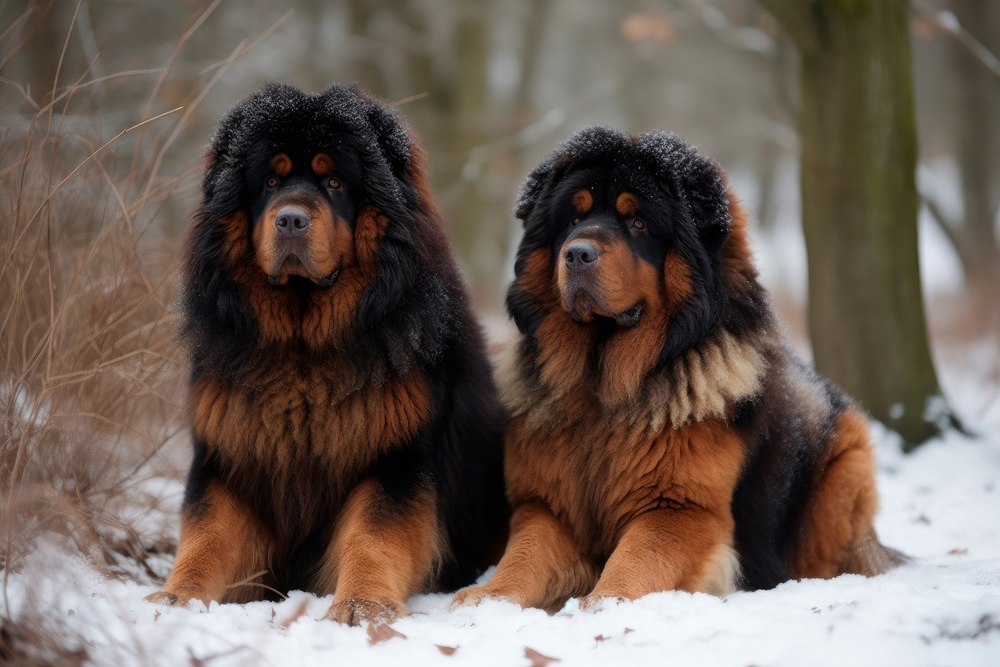 Tkachuk Alexandr, Shutterstock
Tkachuk Alexandr, Shutterstock
Tibetan Mastiffs: Cool, Calm, & Collected
When indoors, Tibetan Mastiffs will remain cool, calm, and collected, preferring to lounge about and watch whatever their family is doing. However, they will expel their excess energy the moment they get outside, and love a good run. They also have a slightly higher life expectancy than other giant dogs—10 to 12 years, on average.

